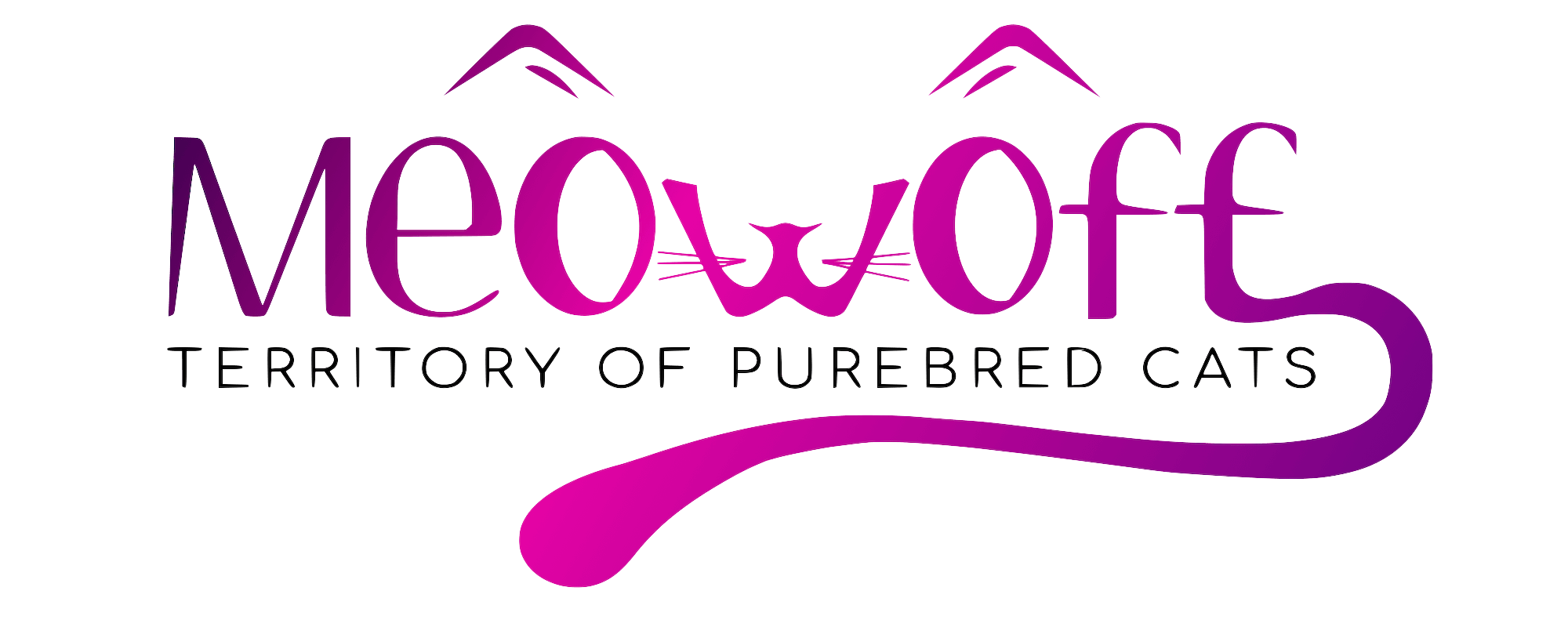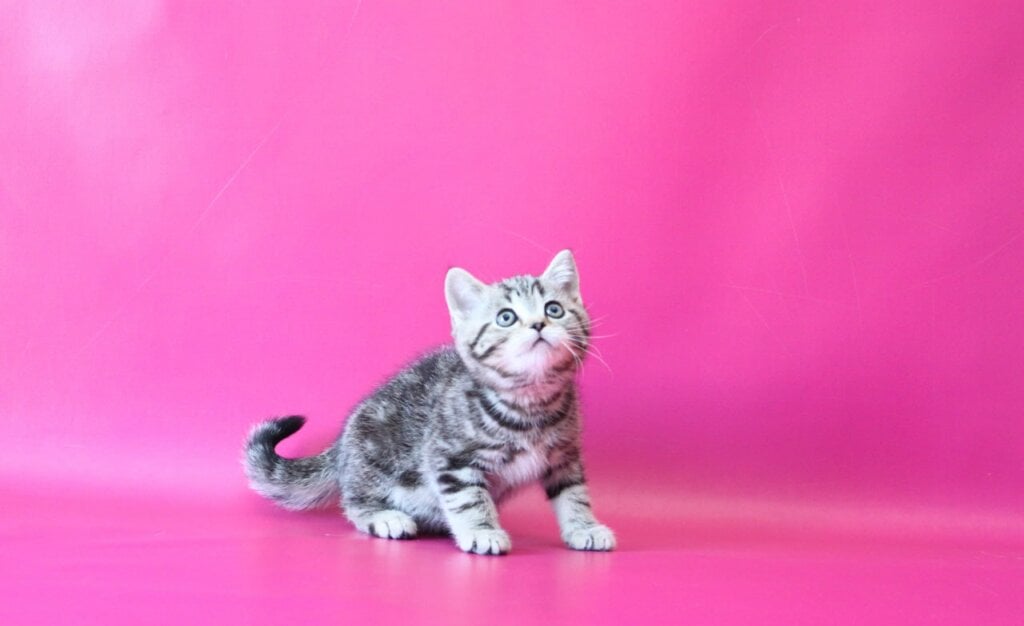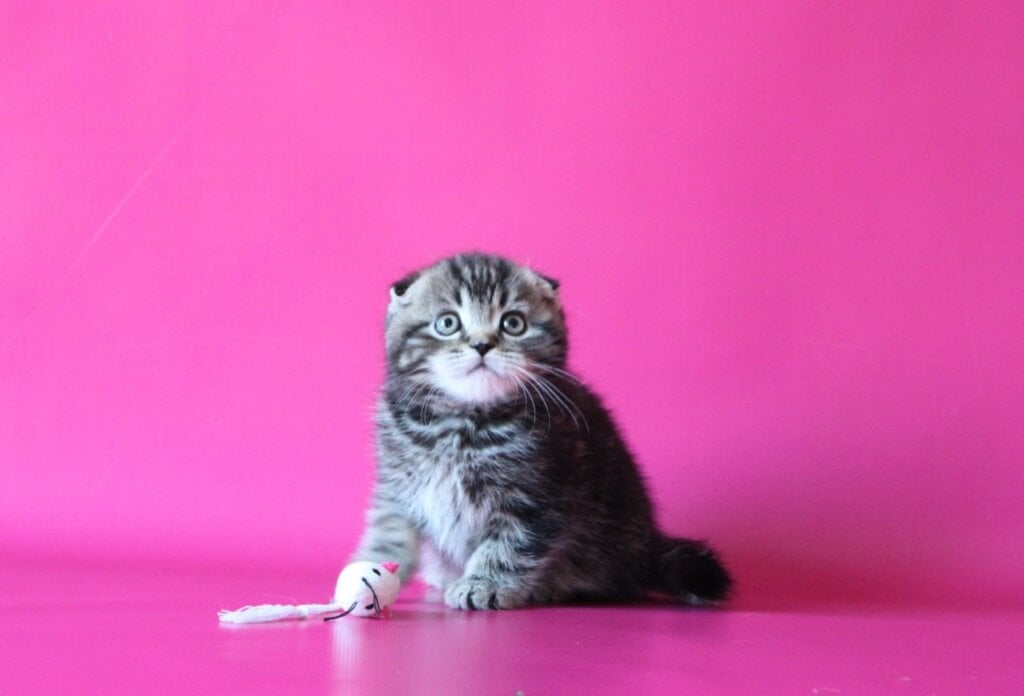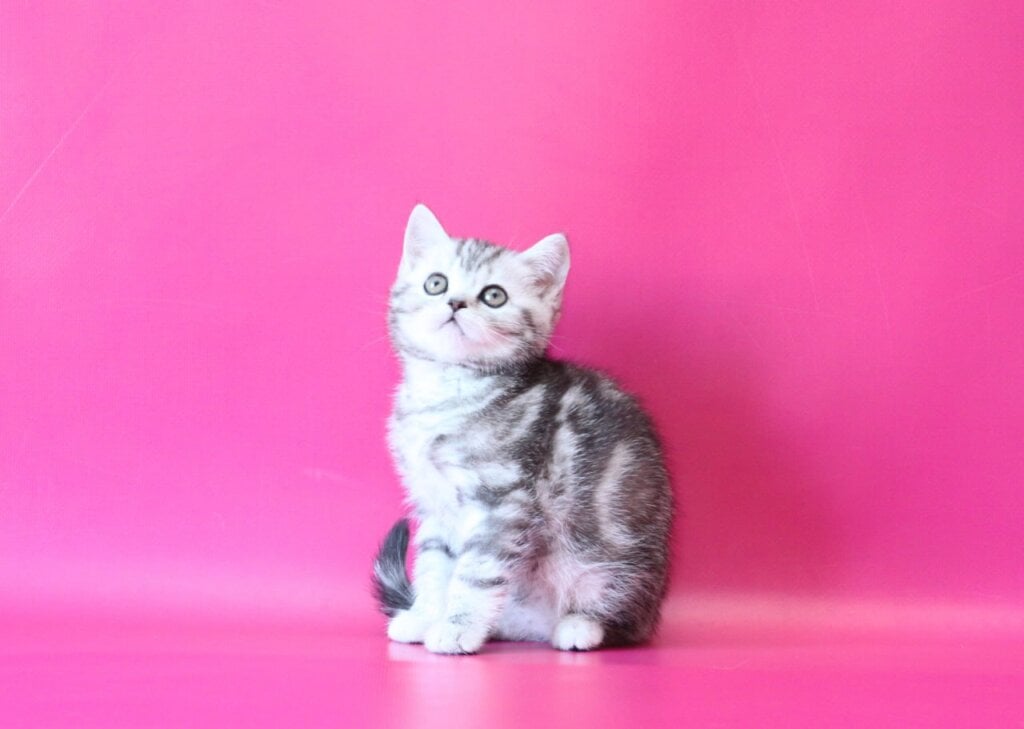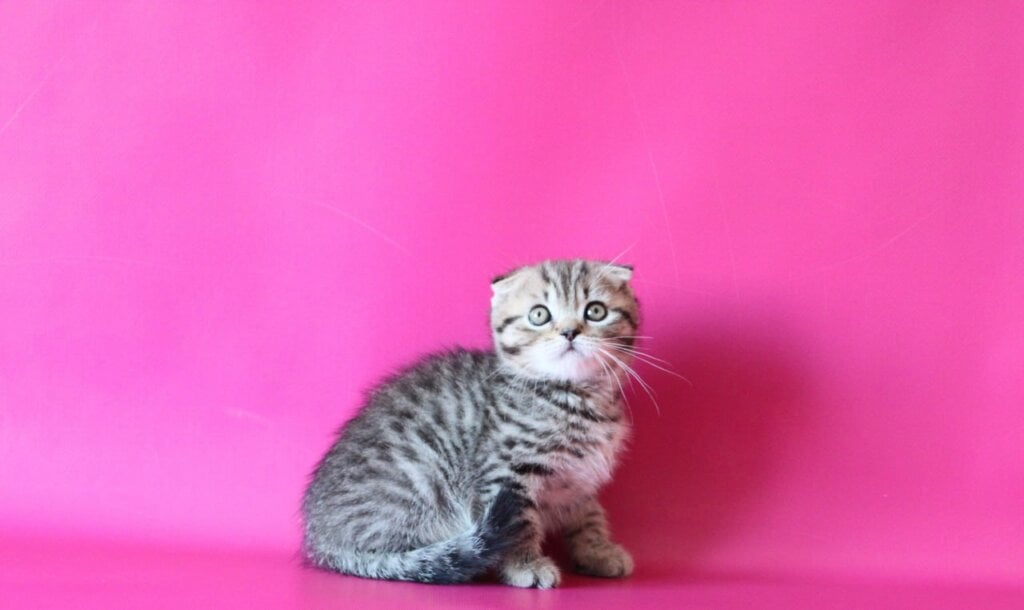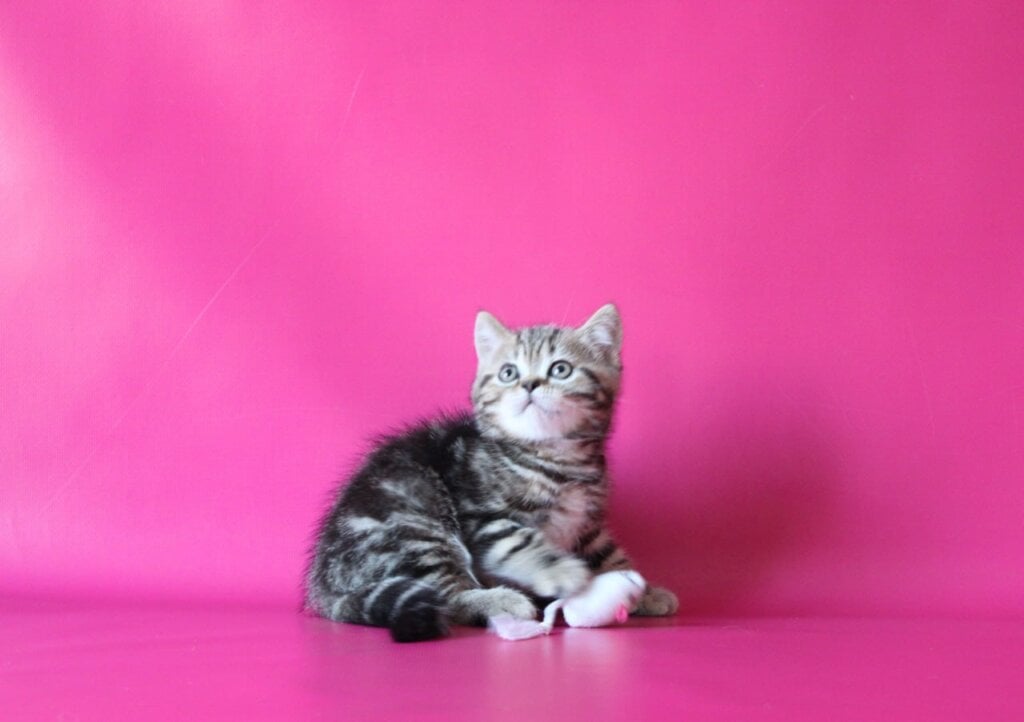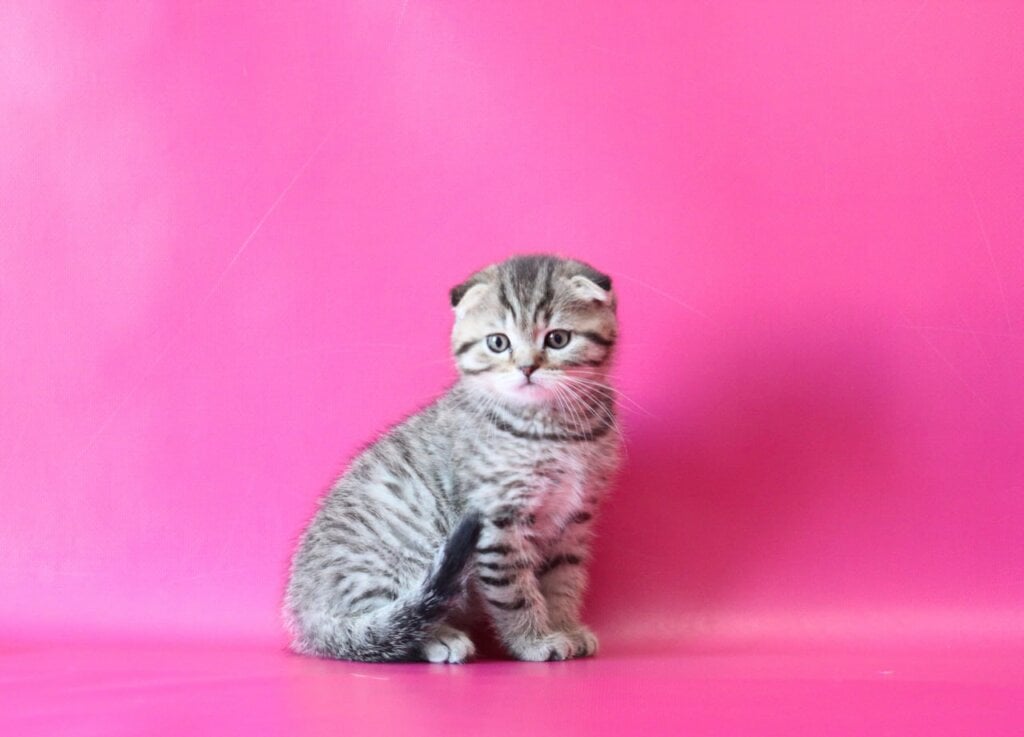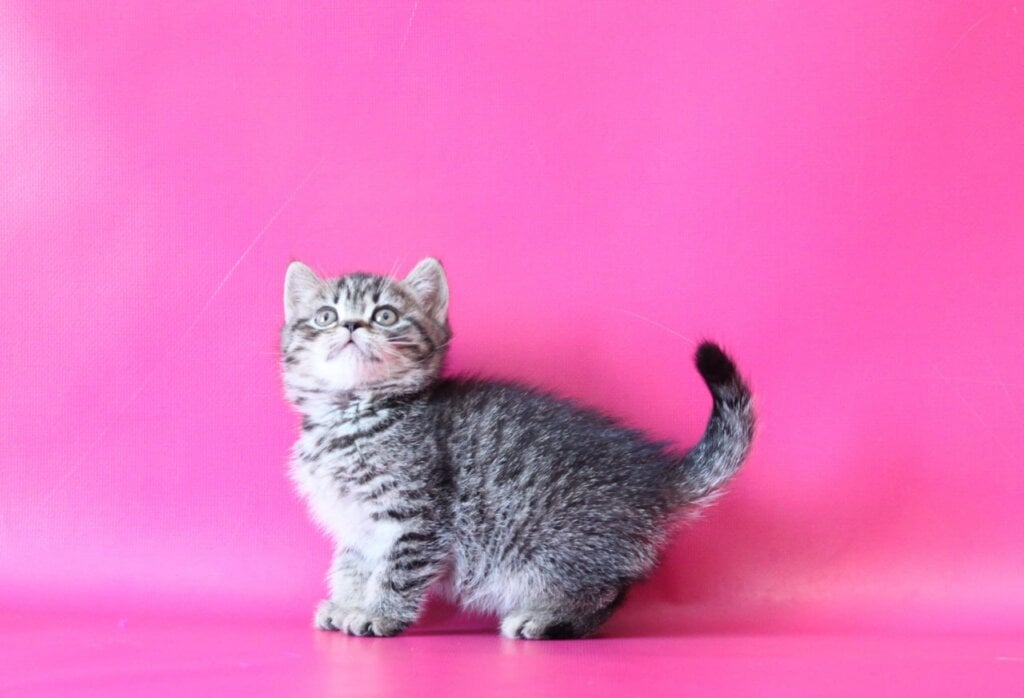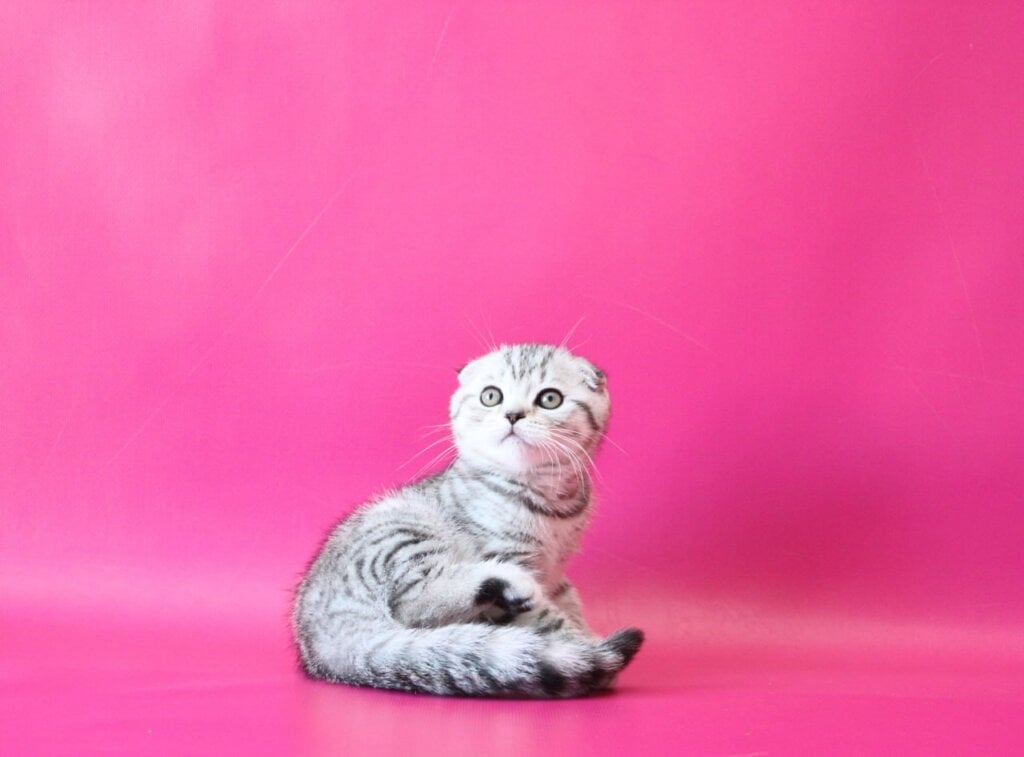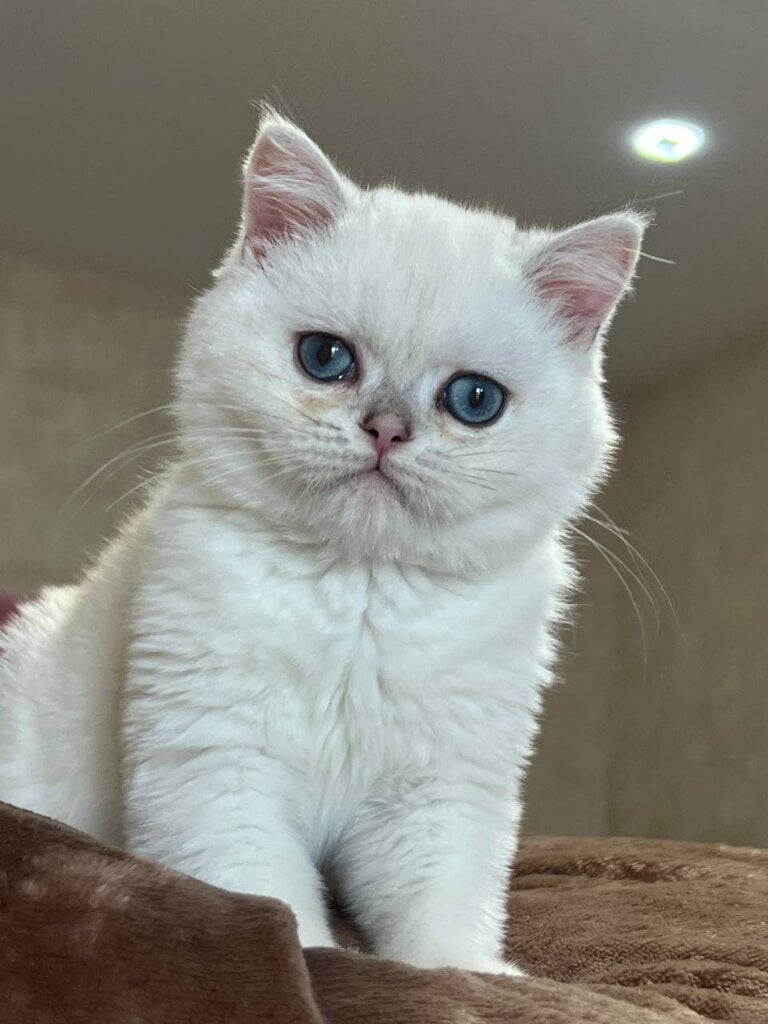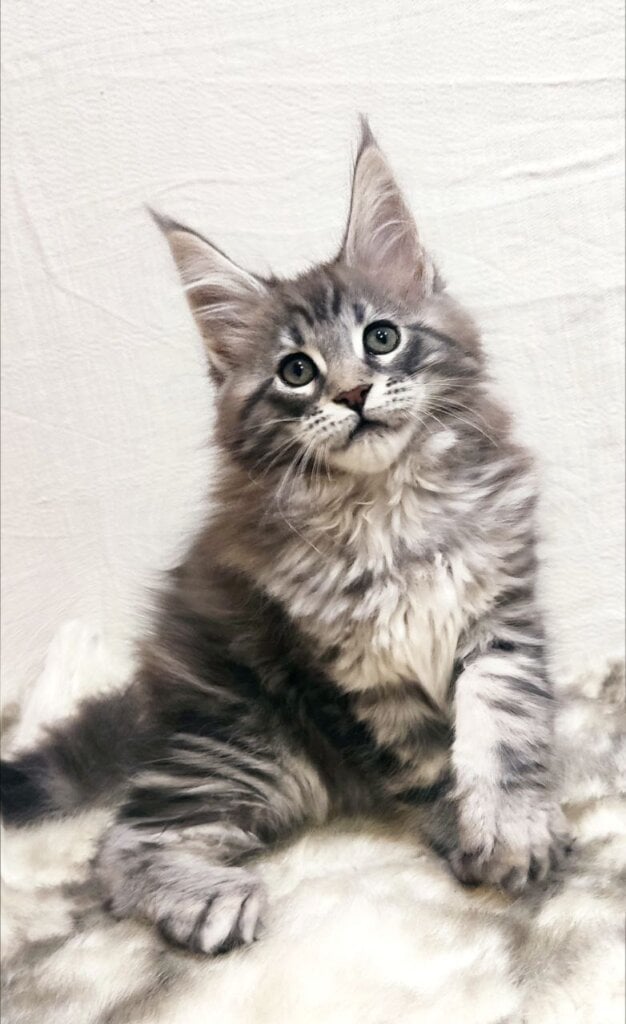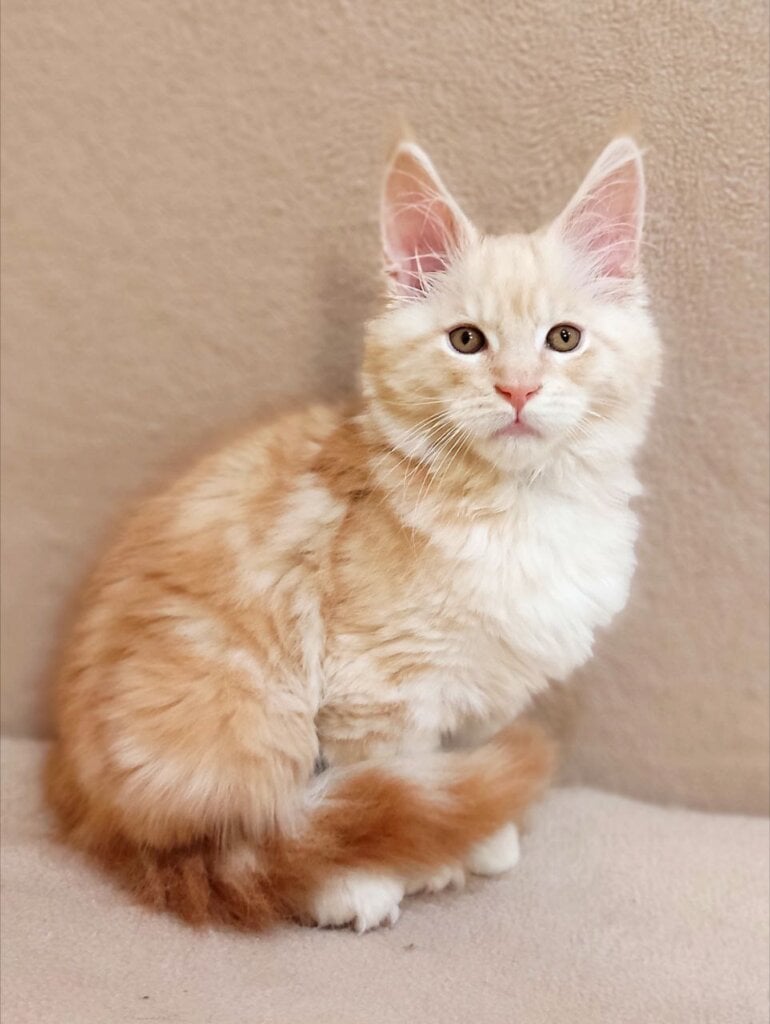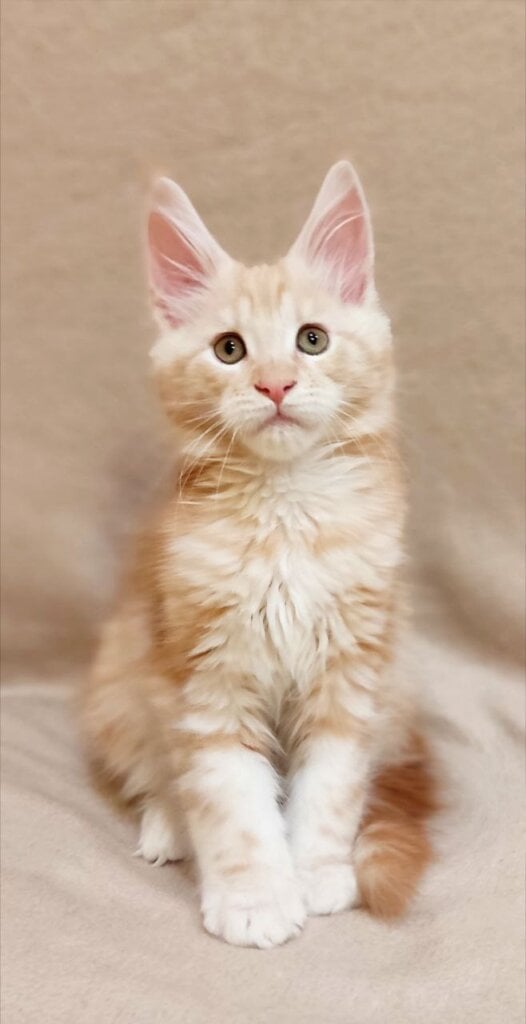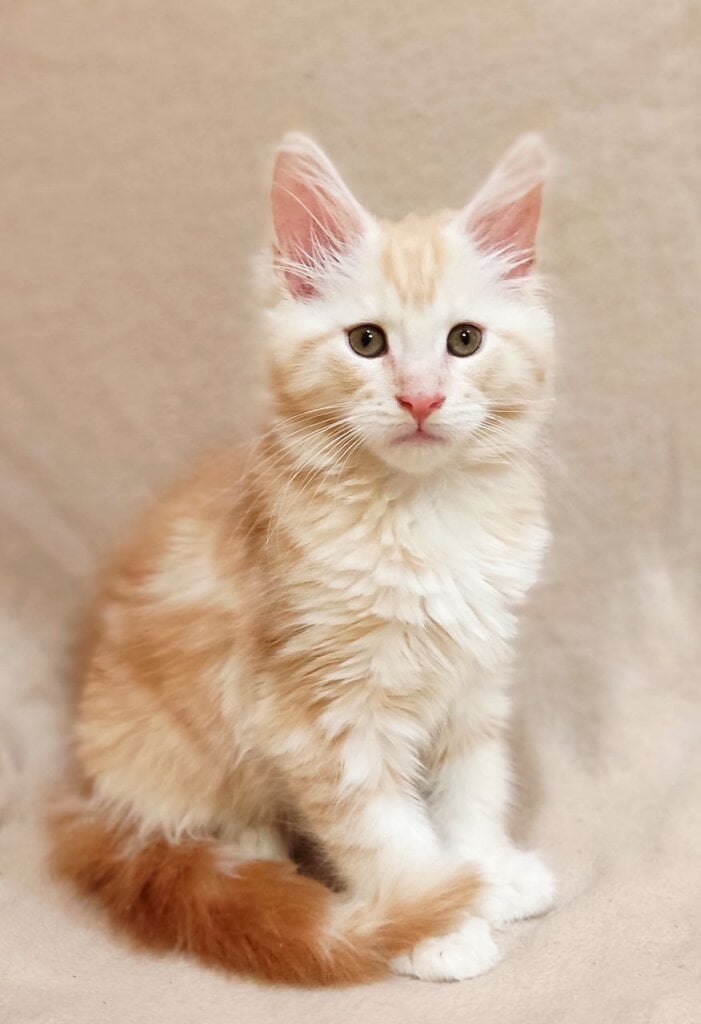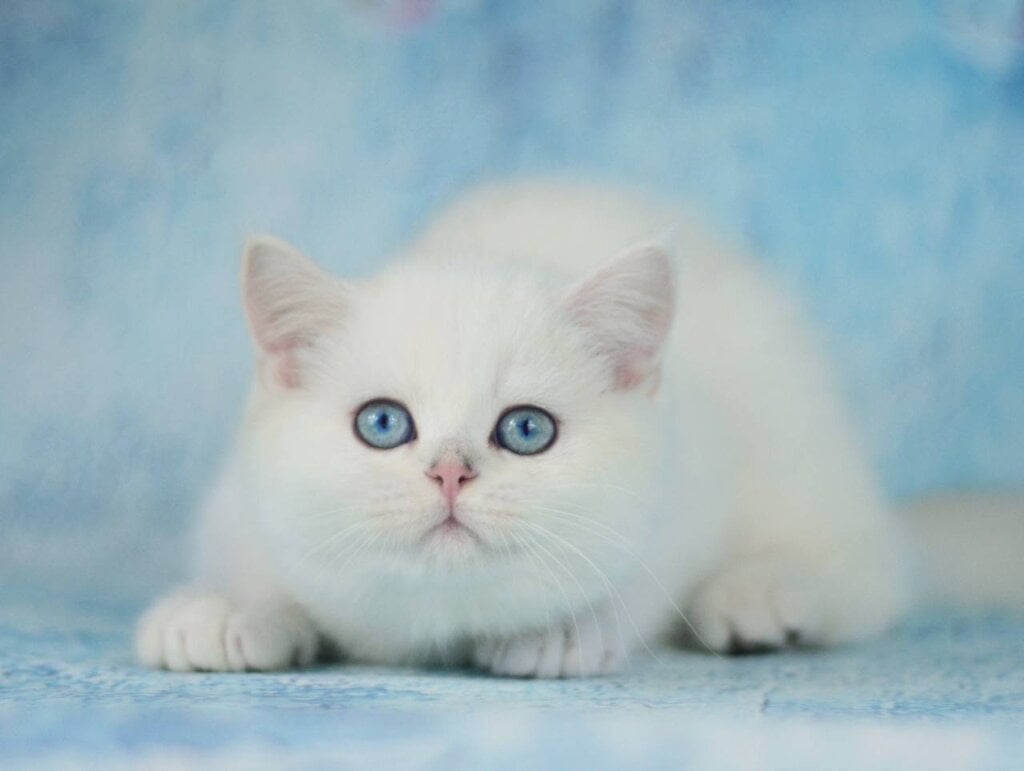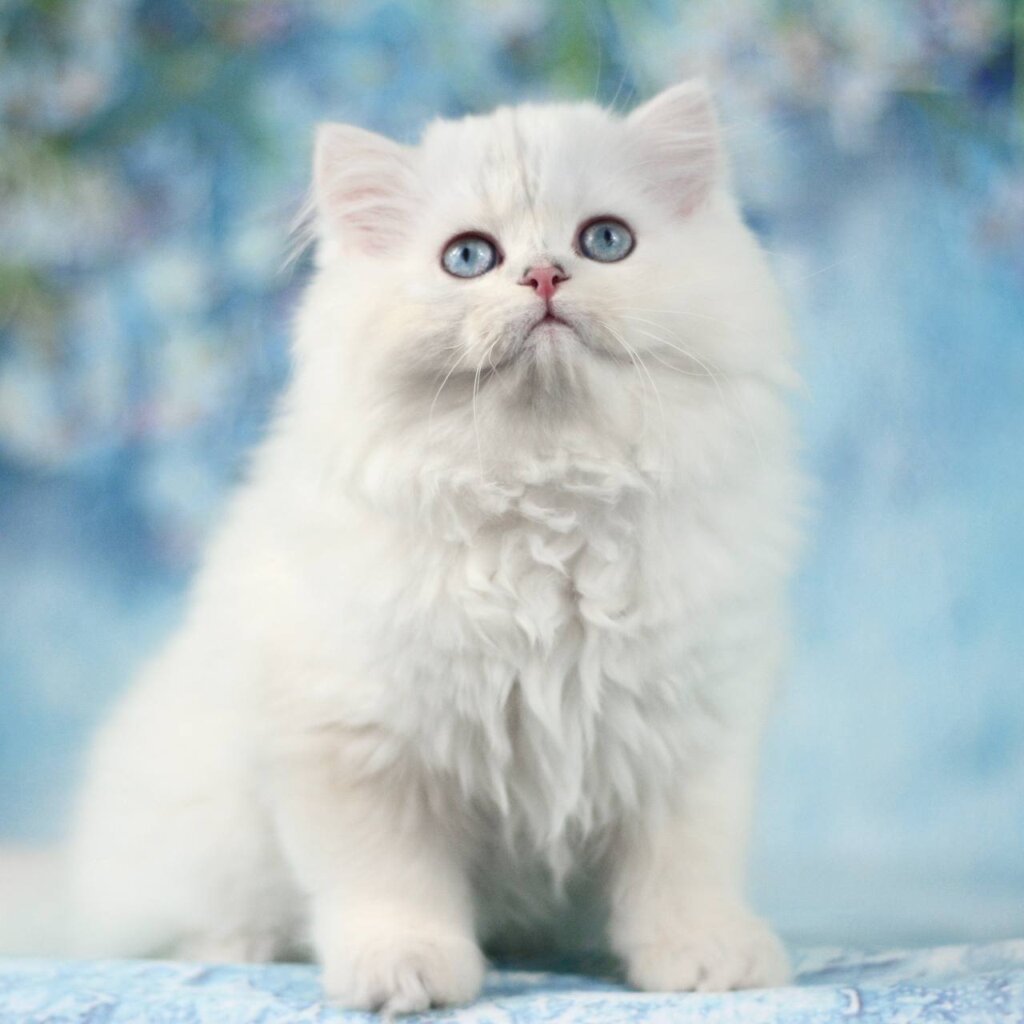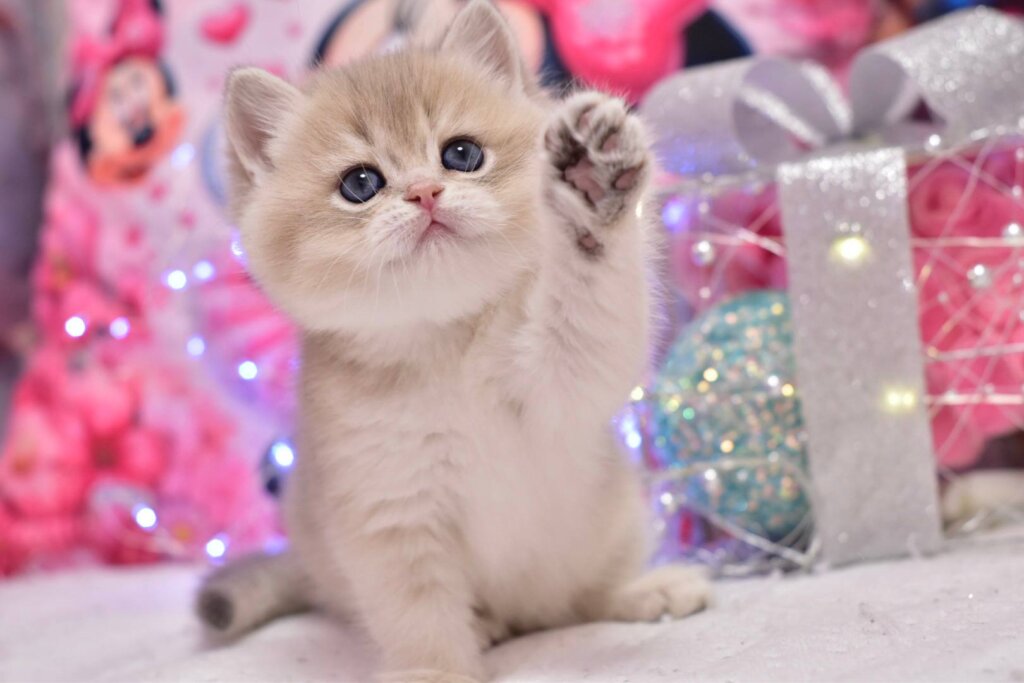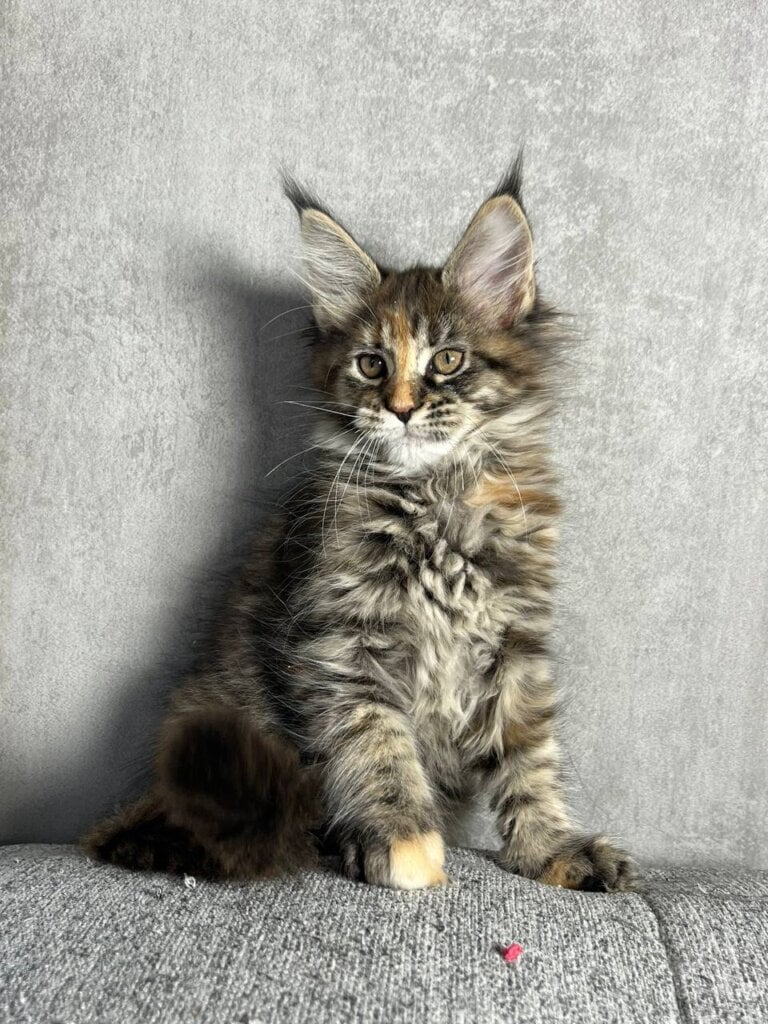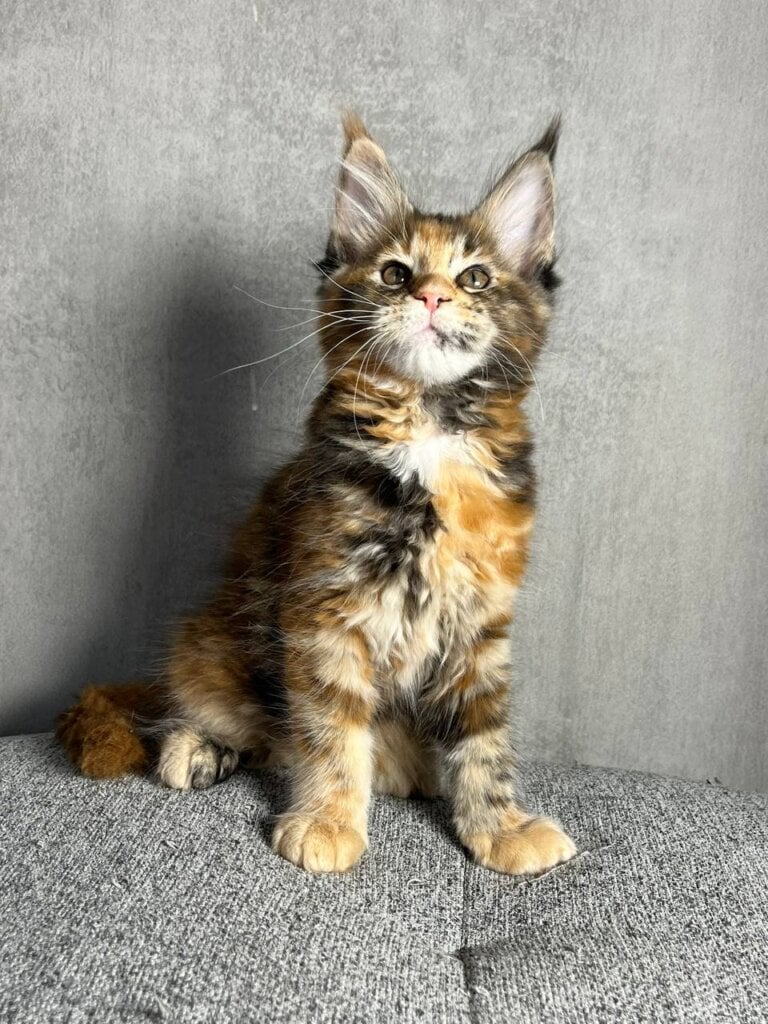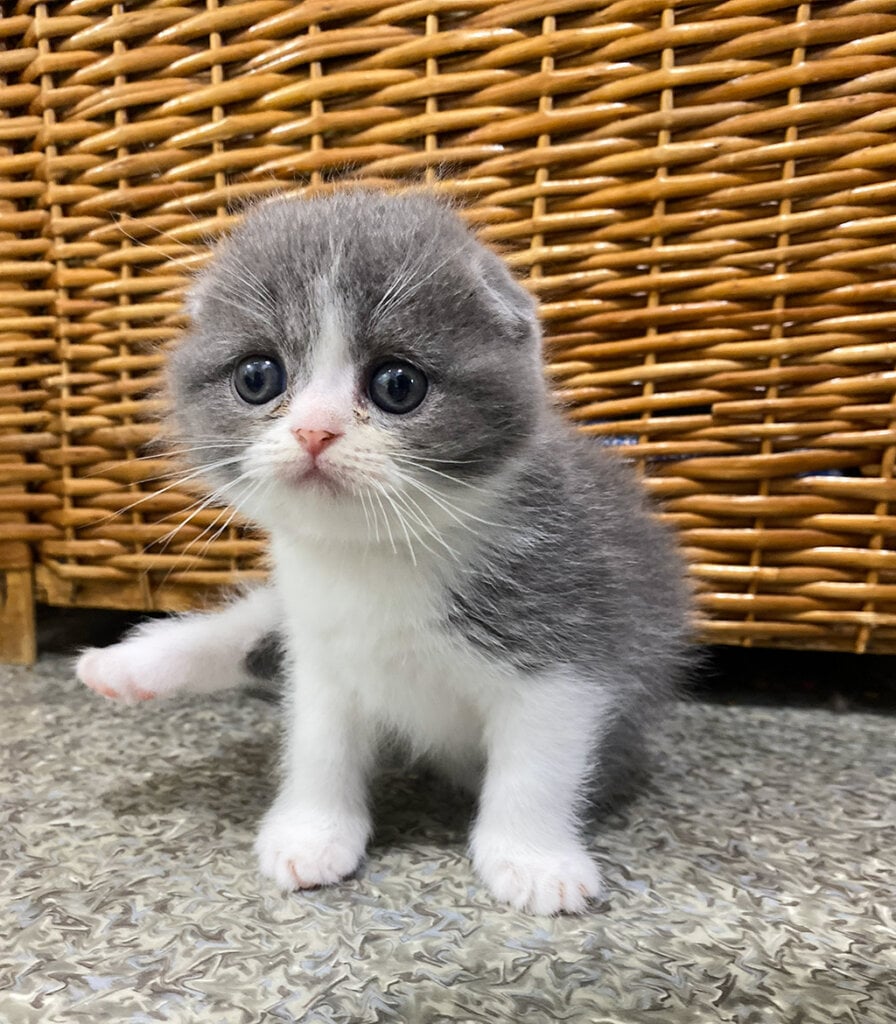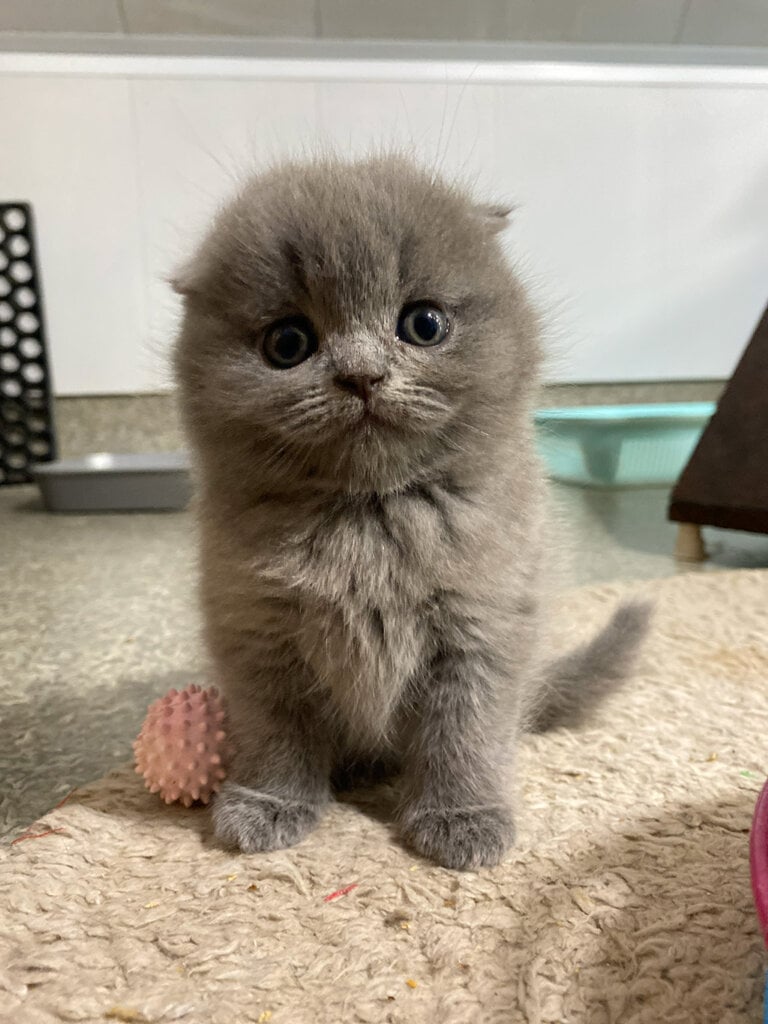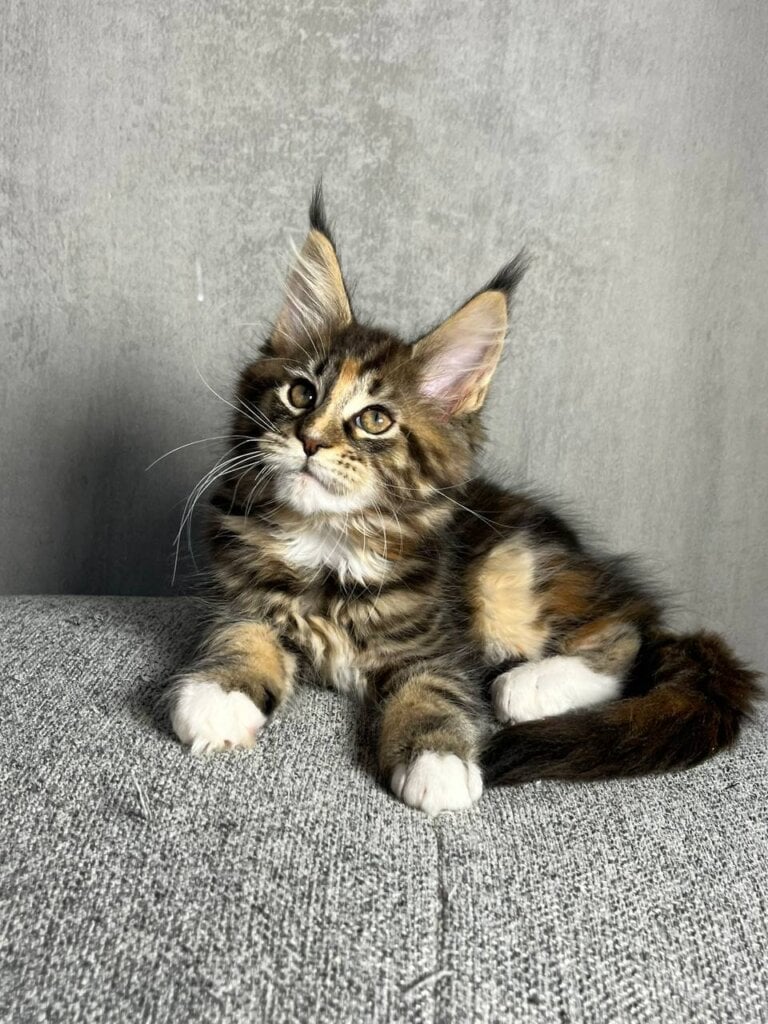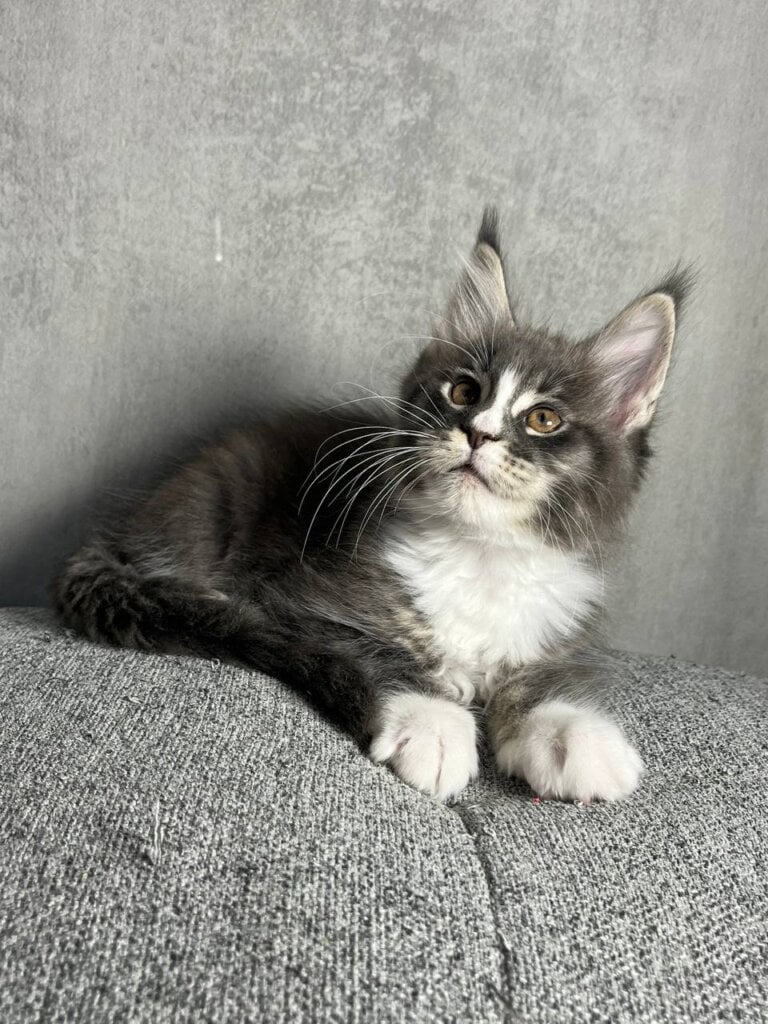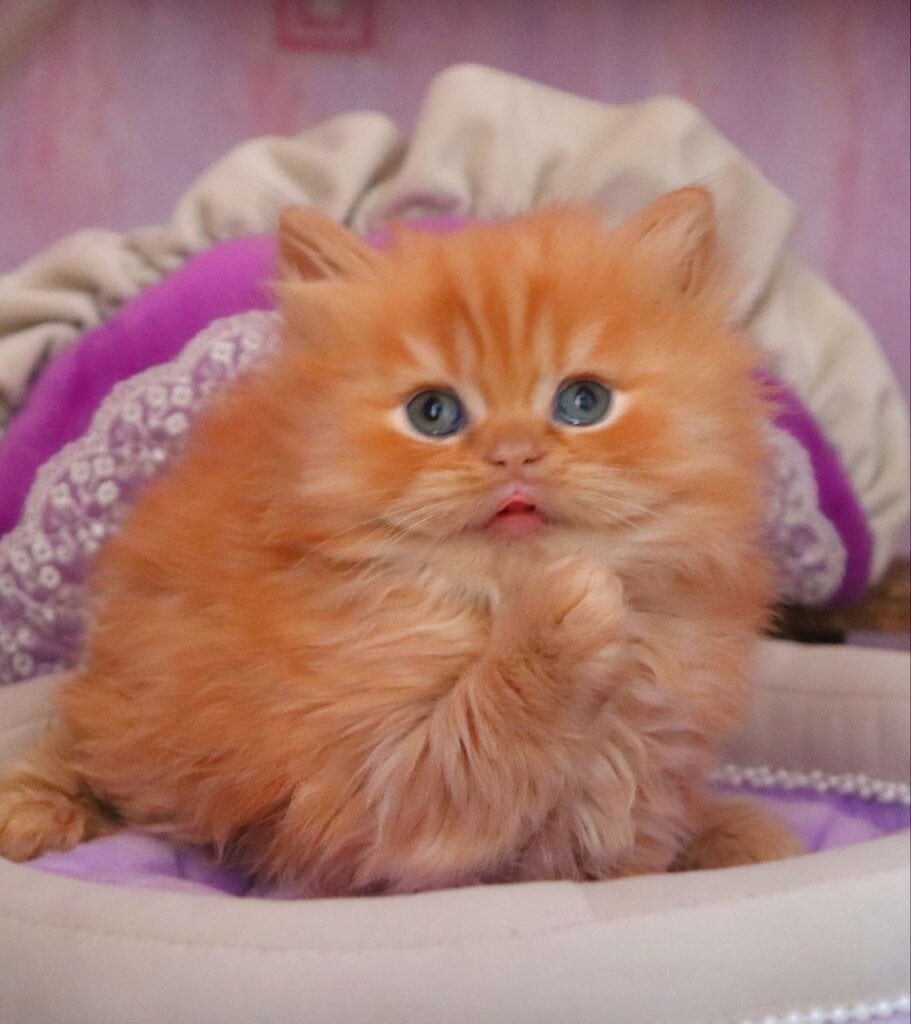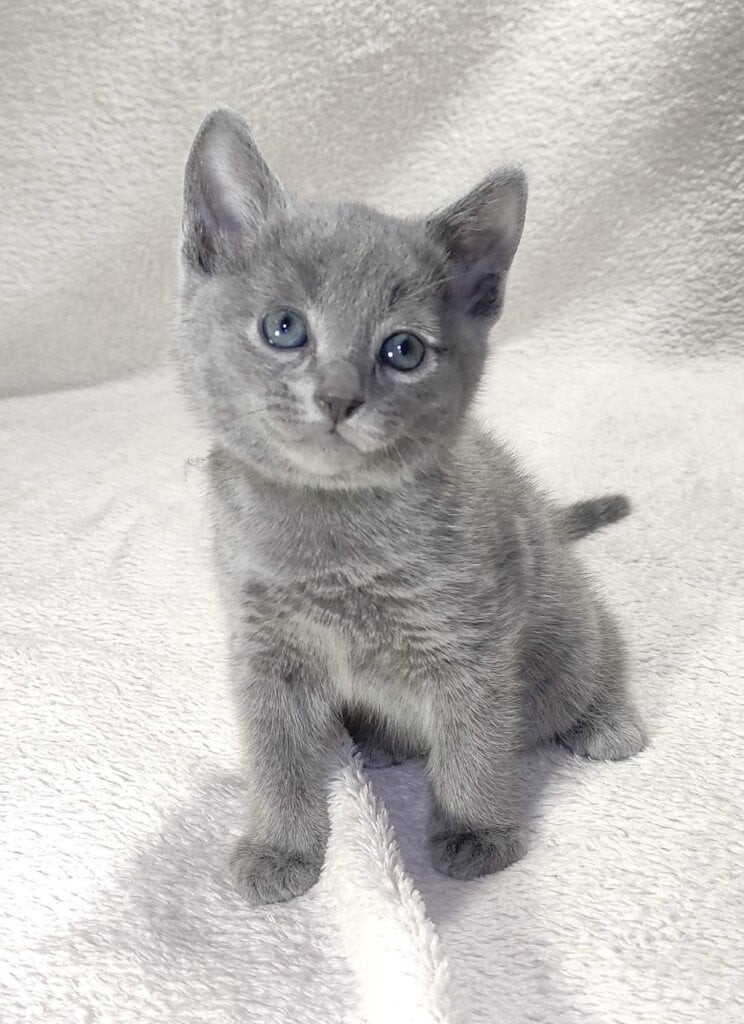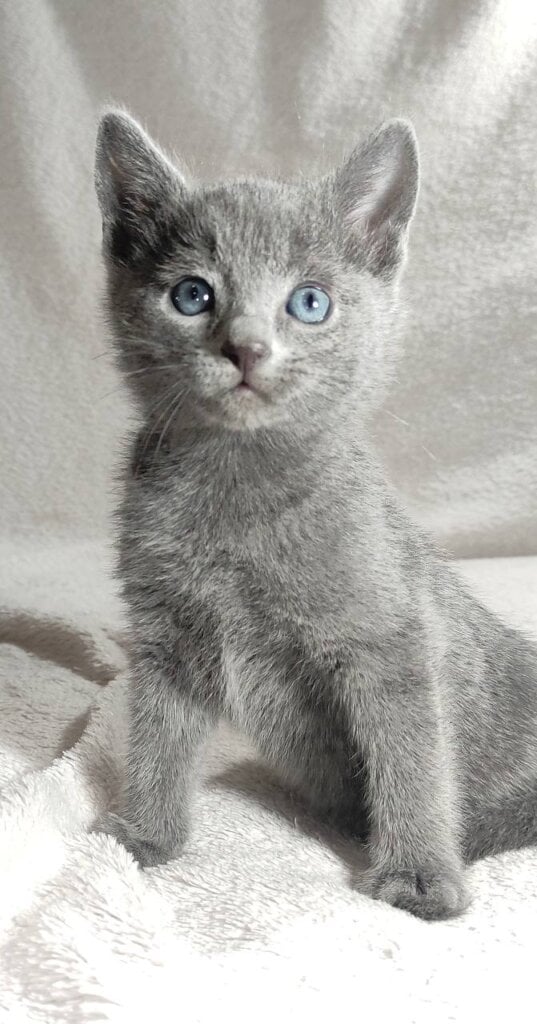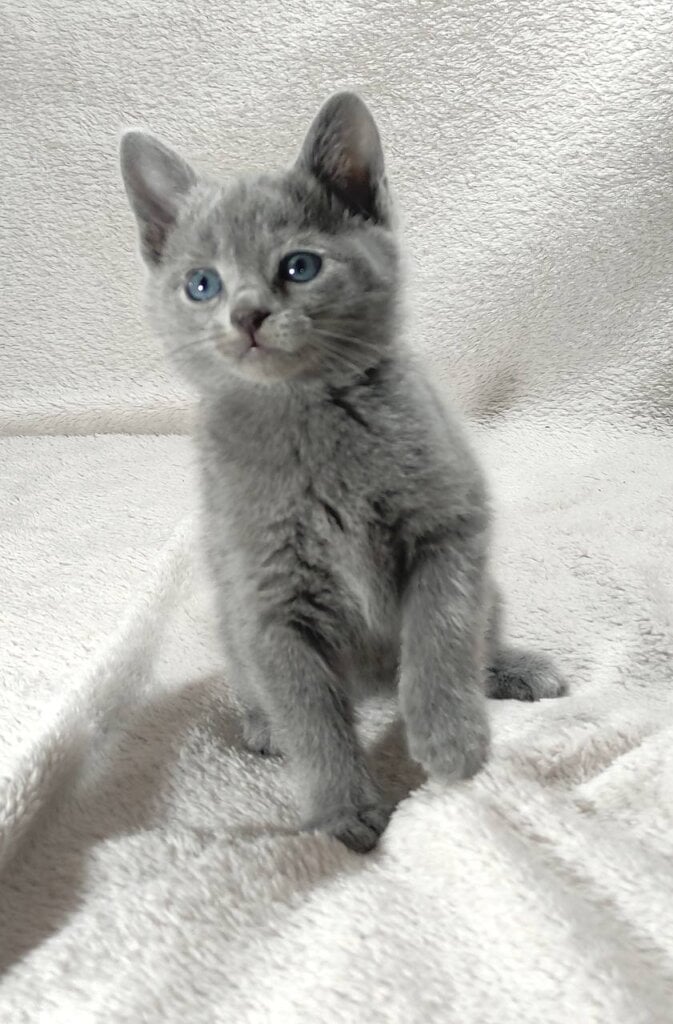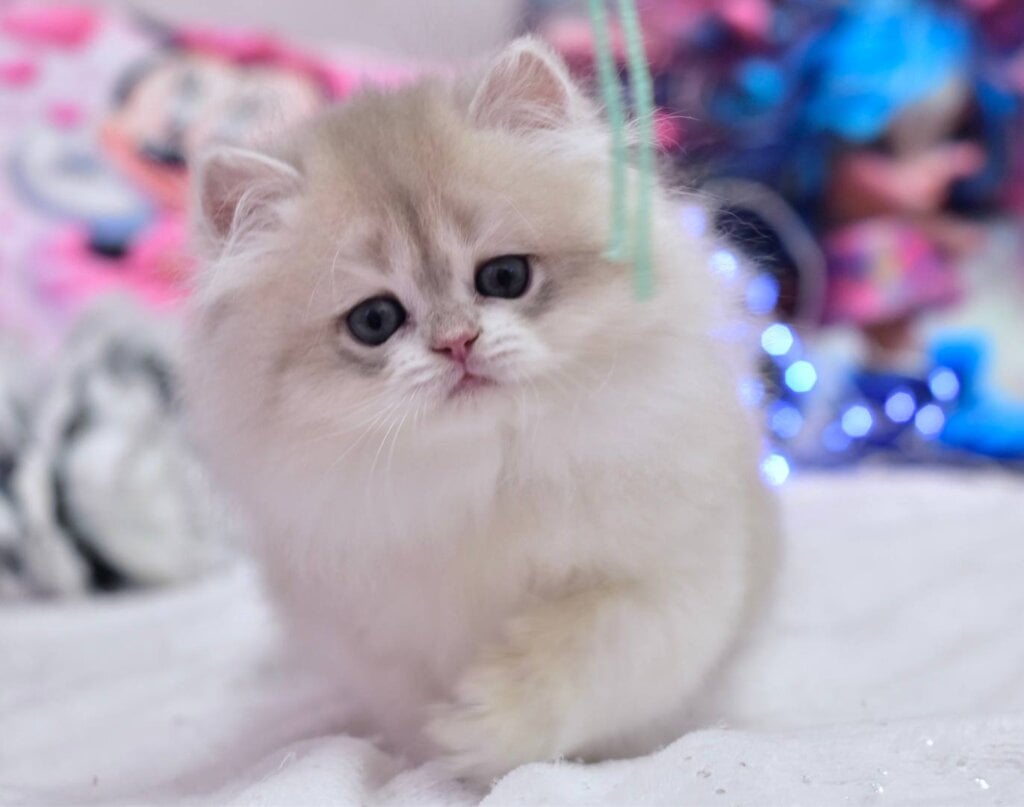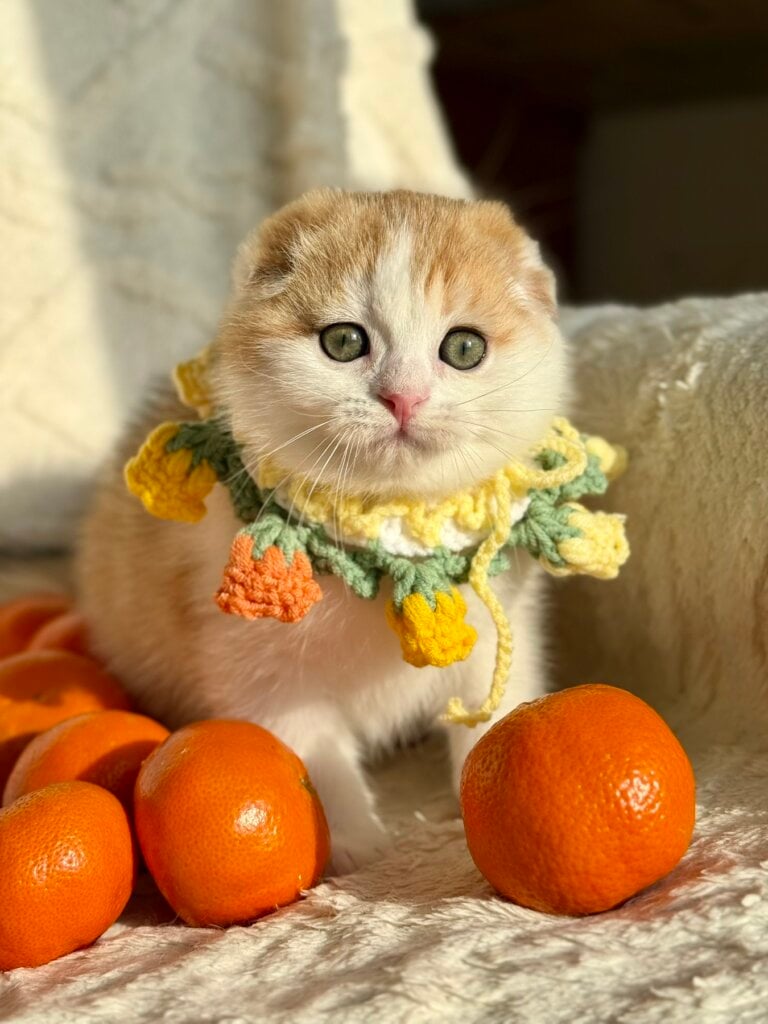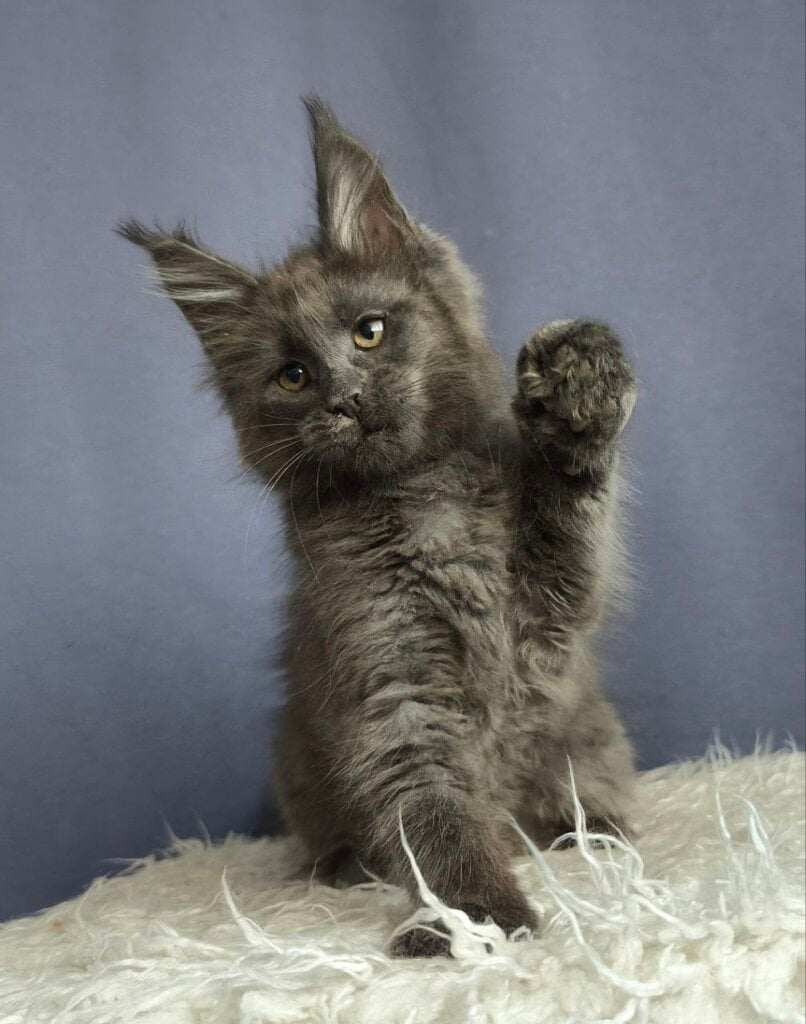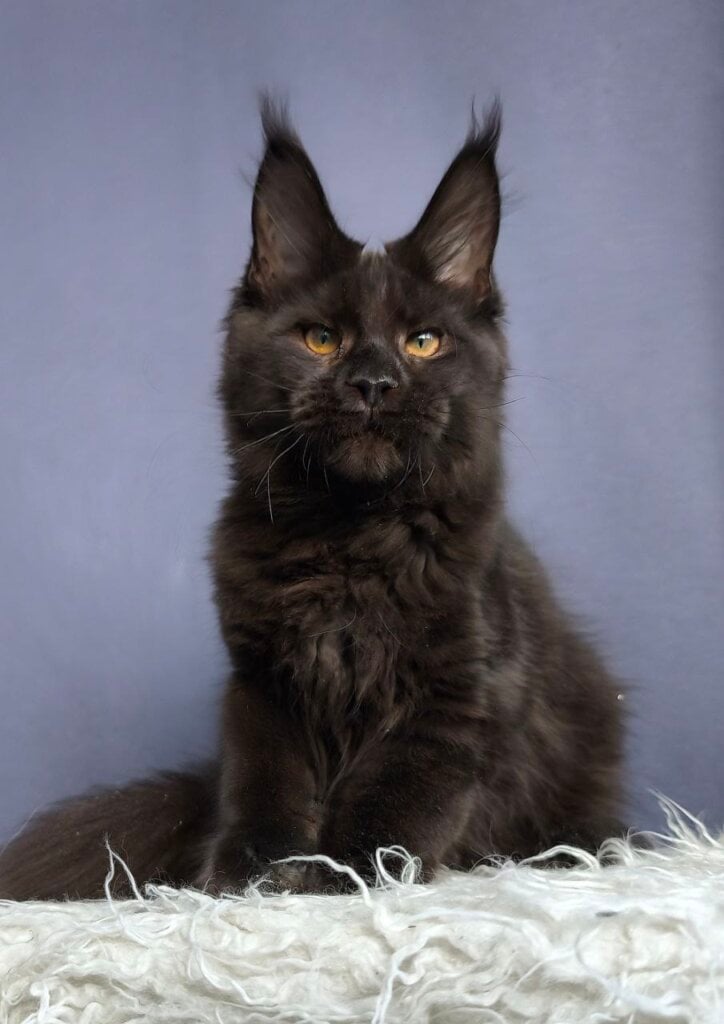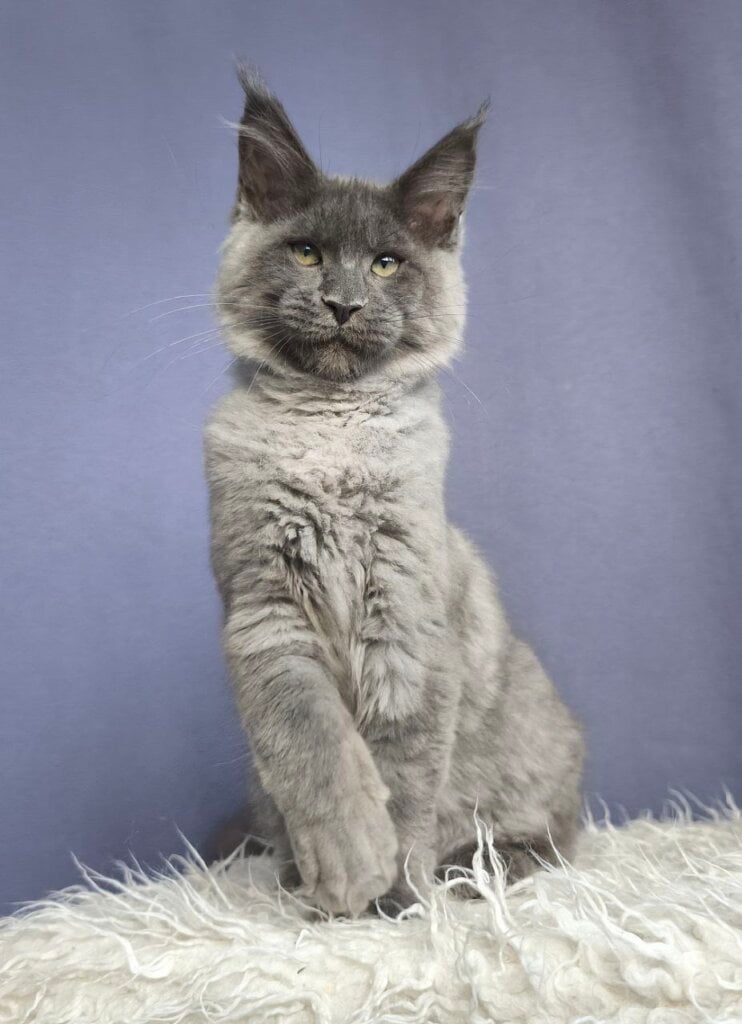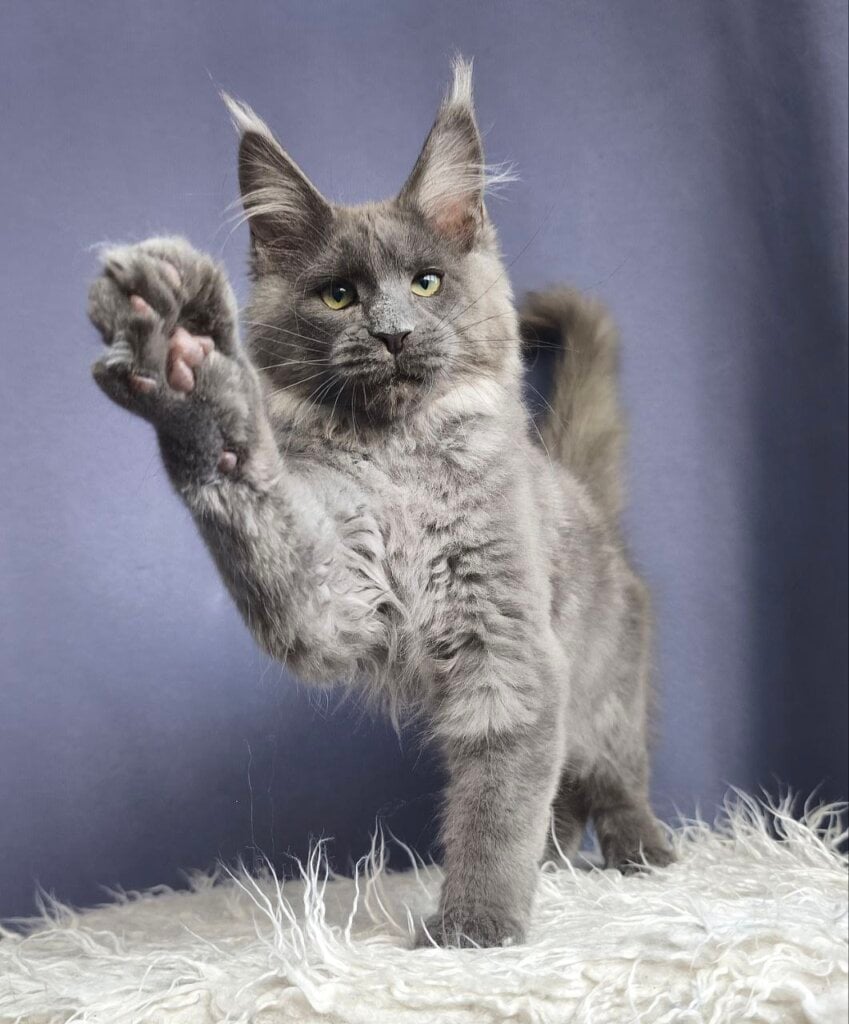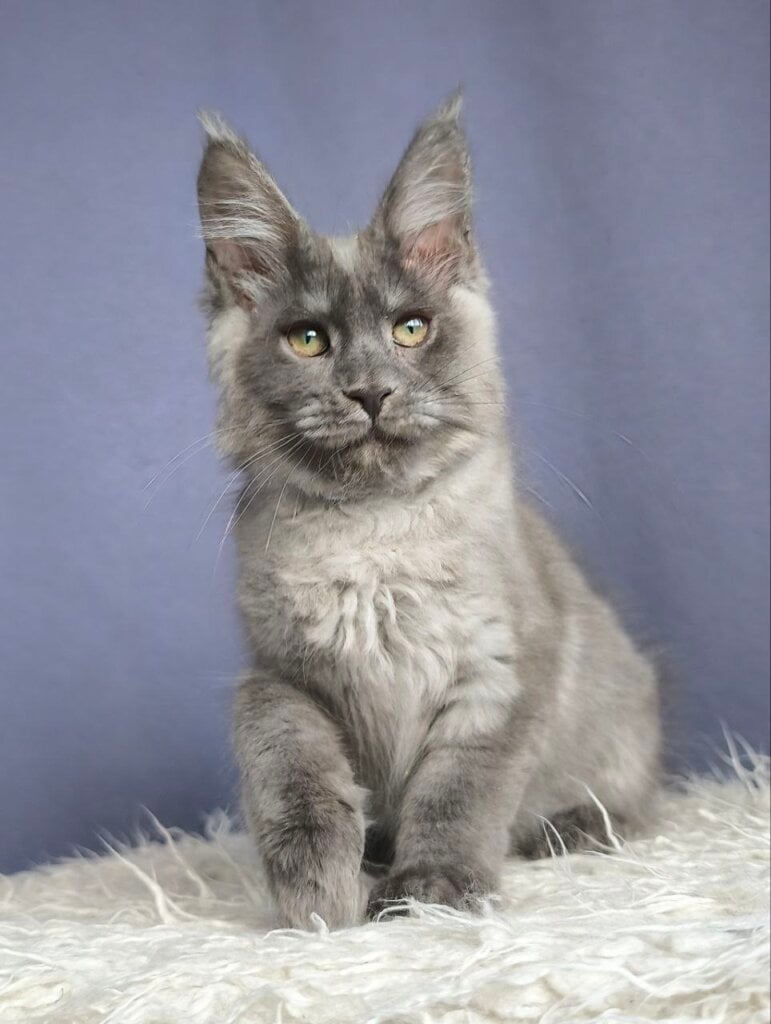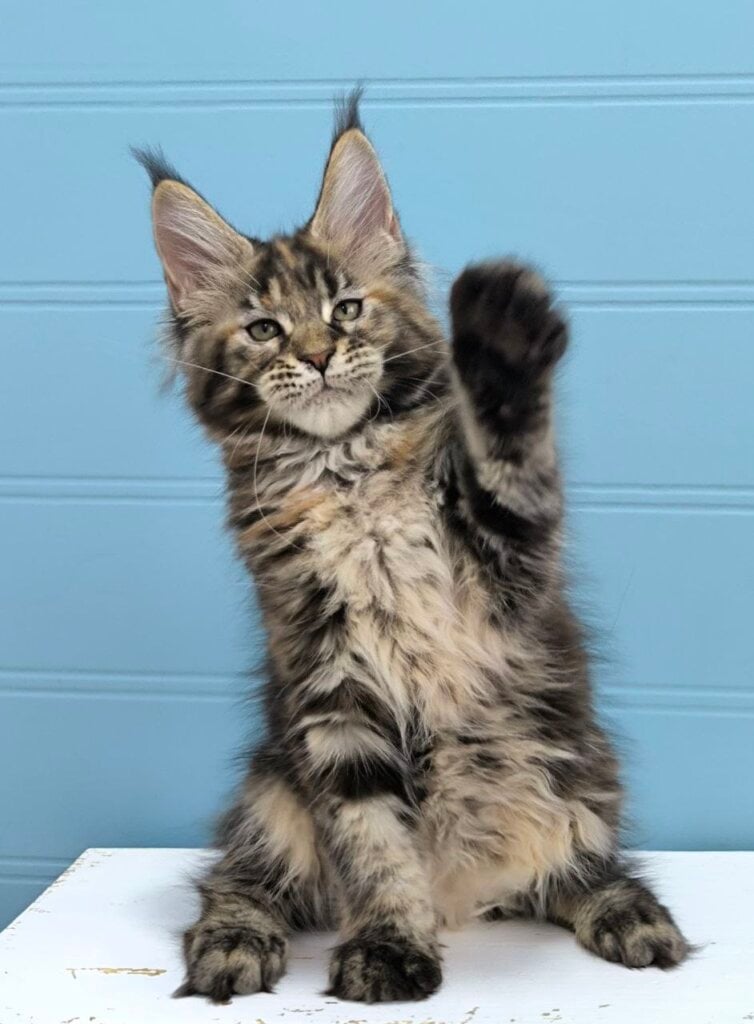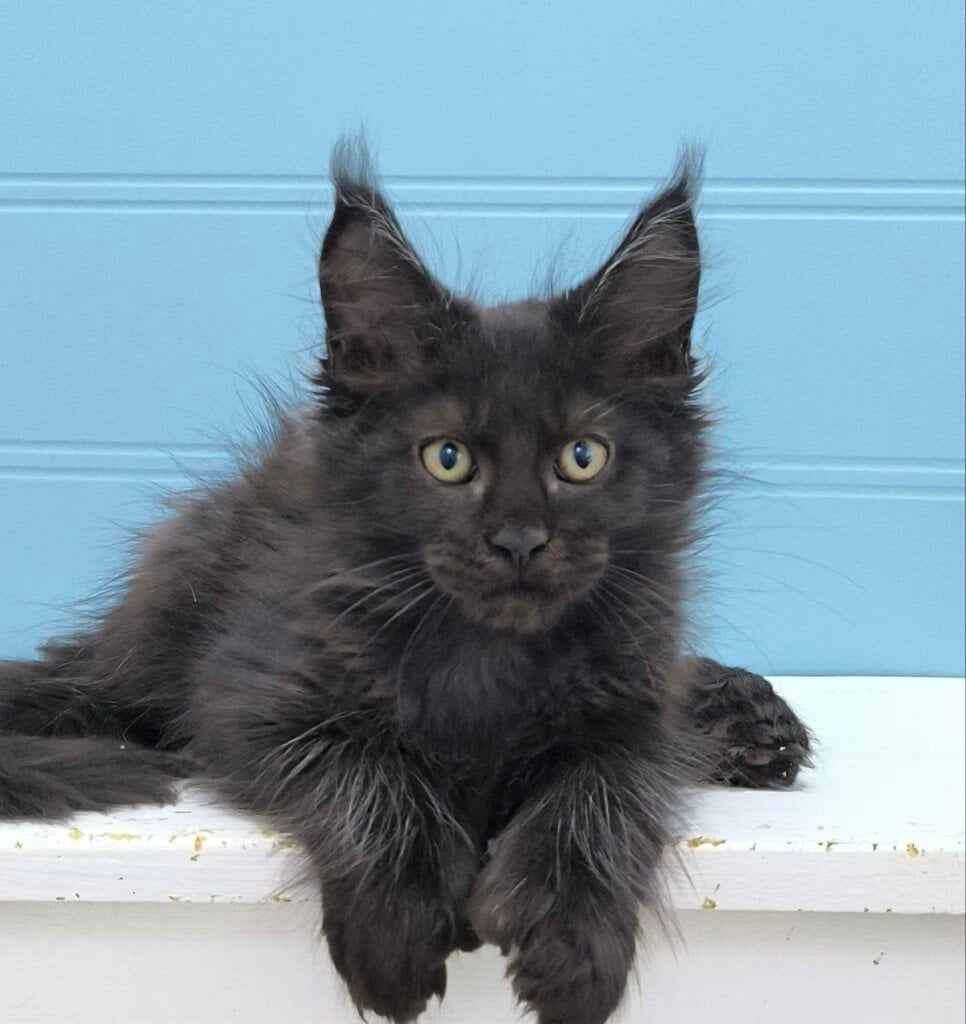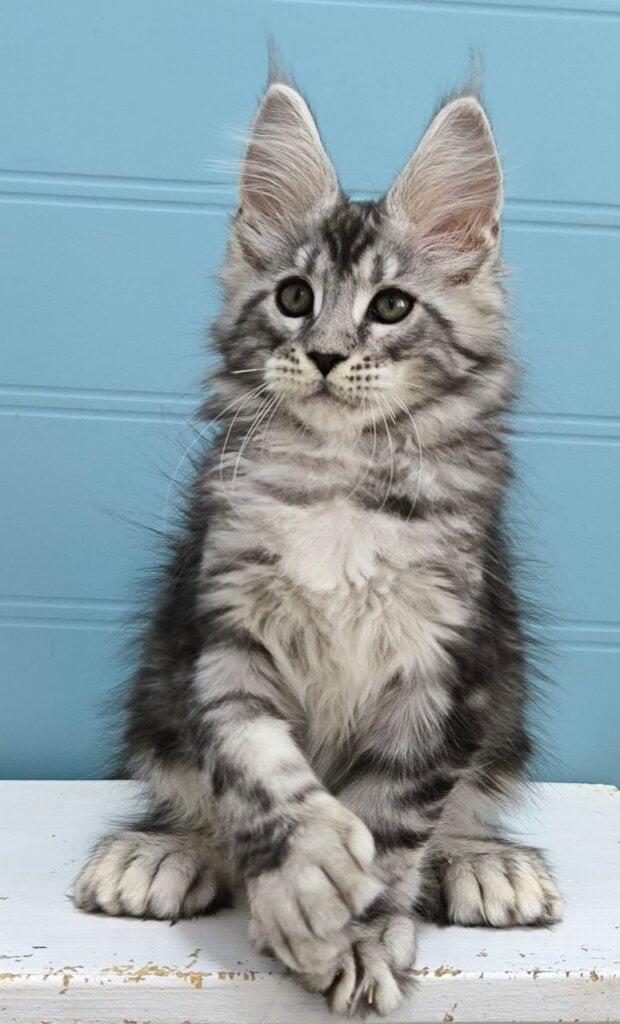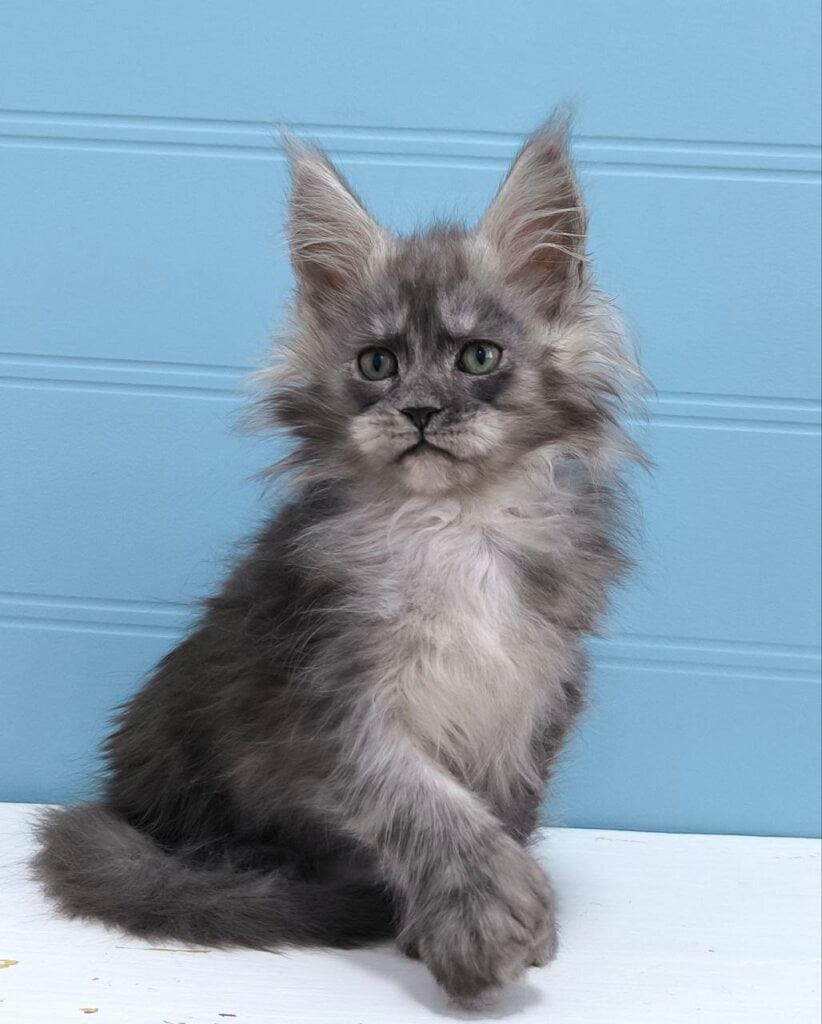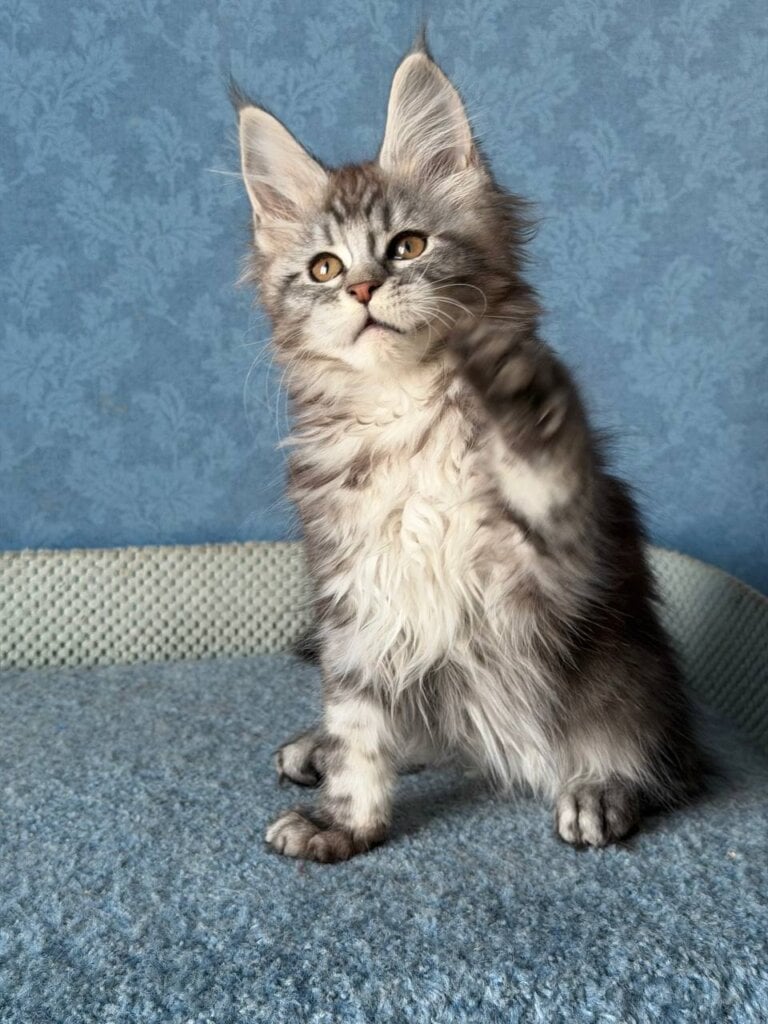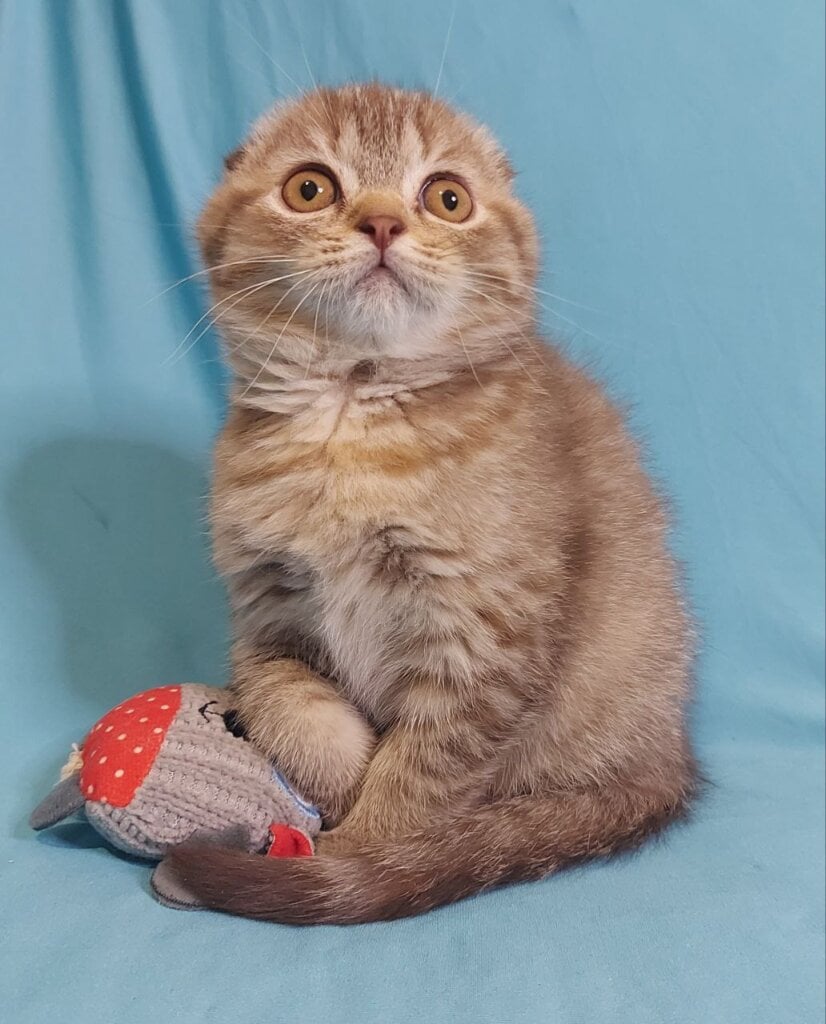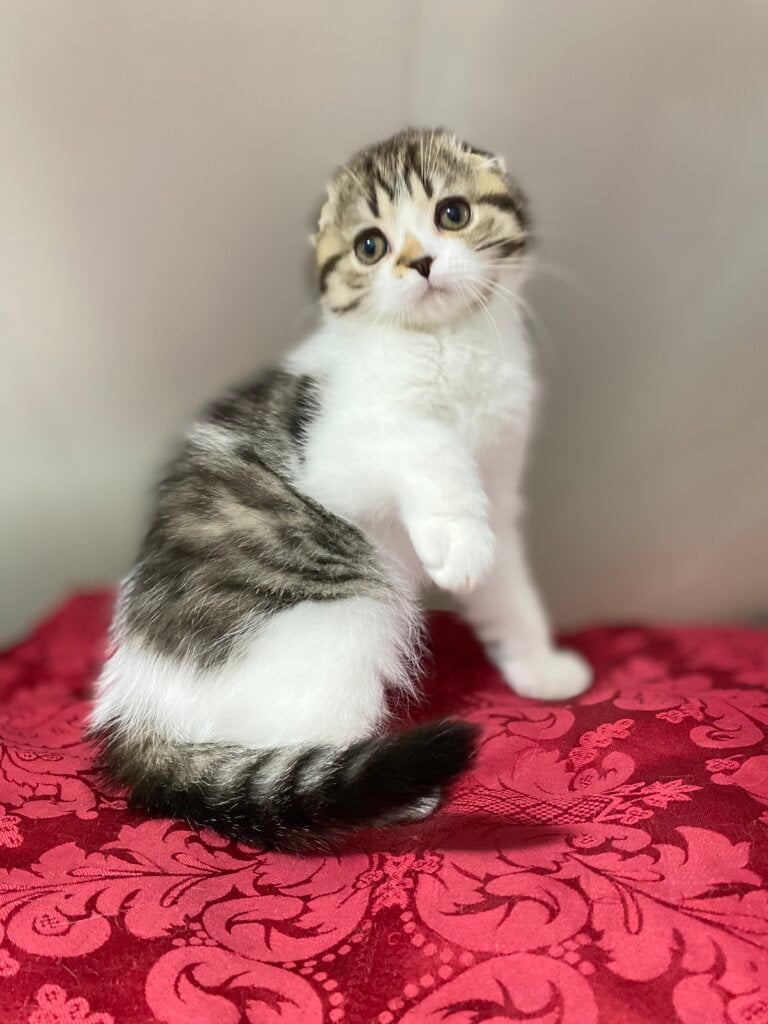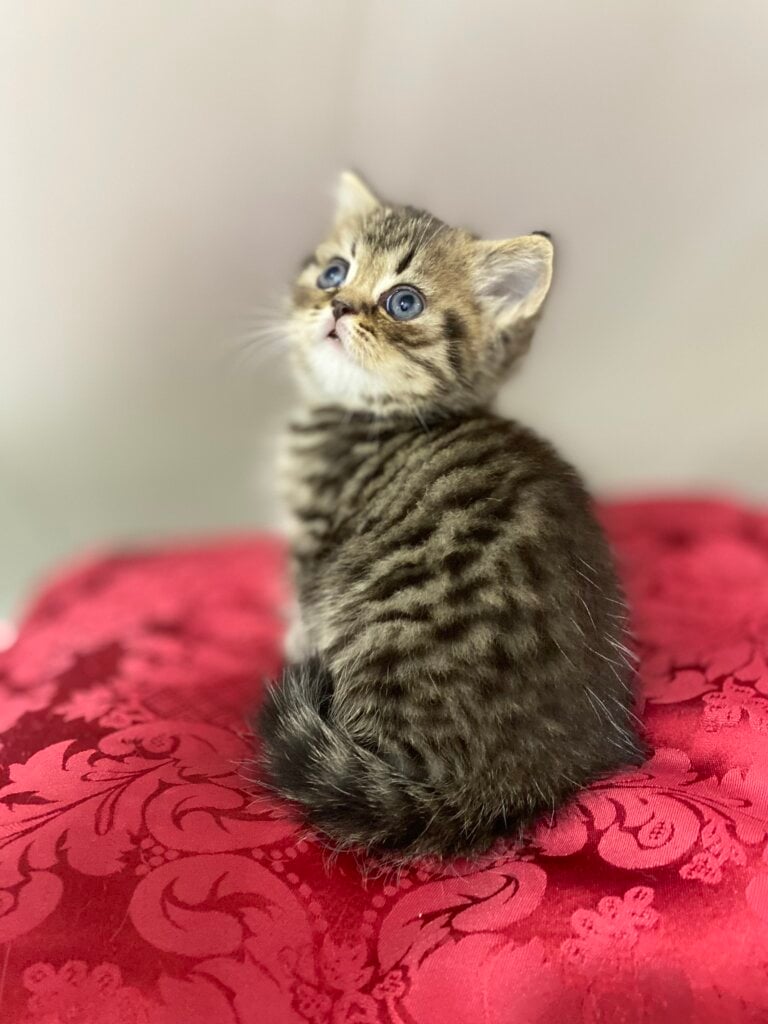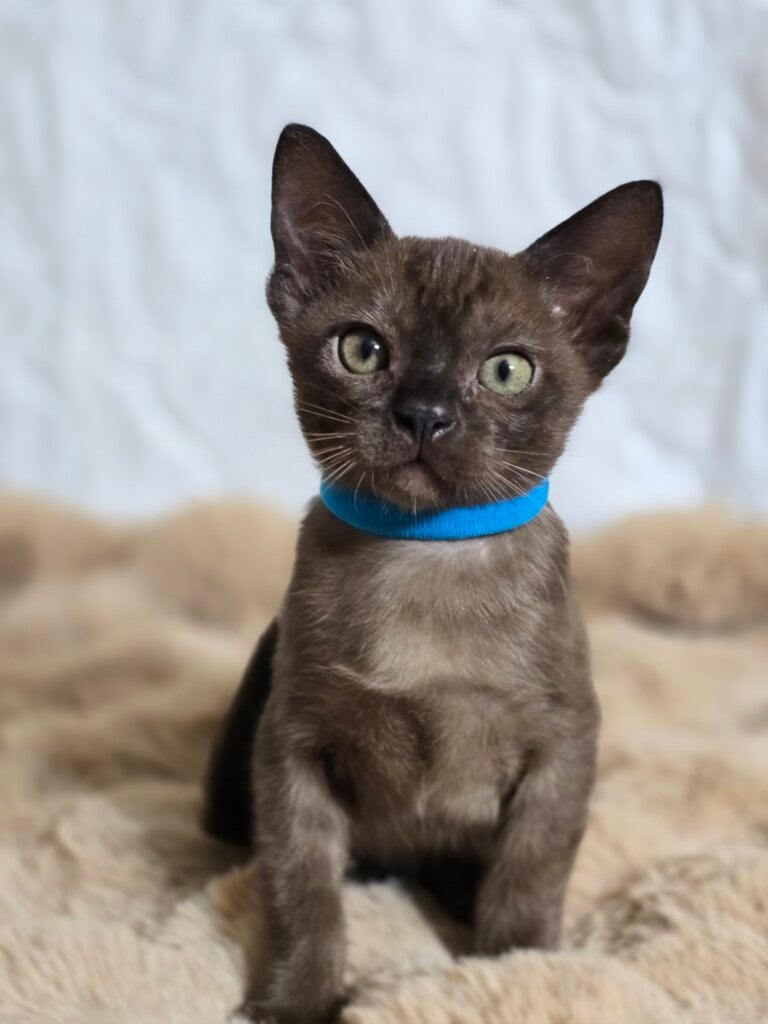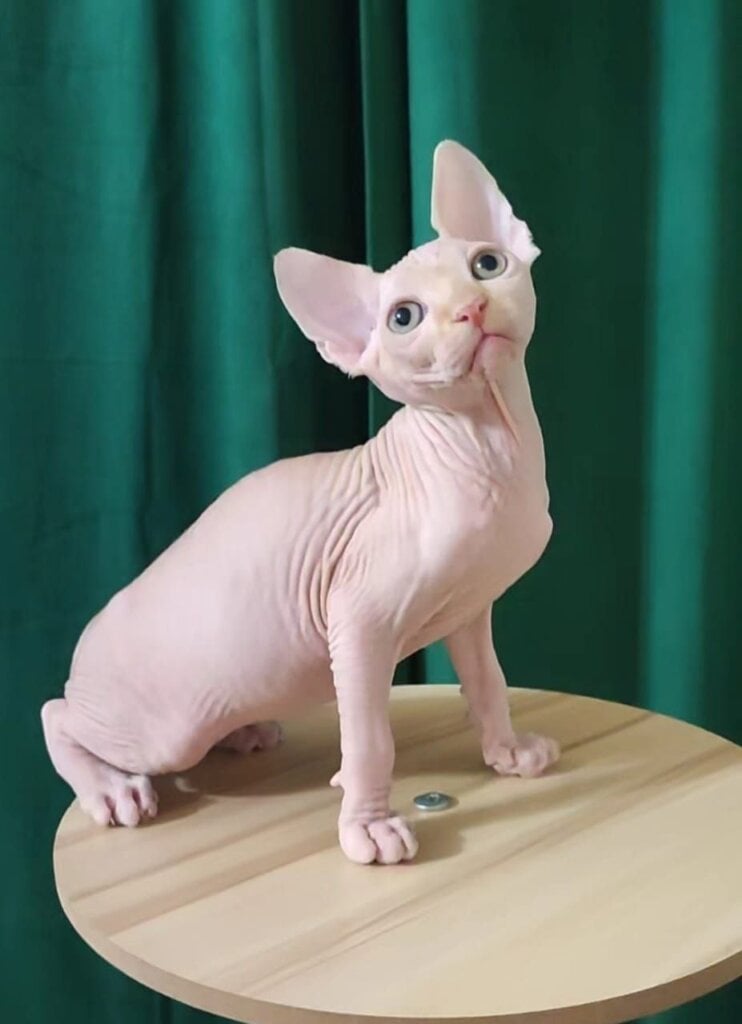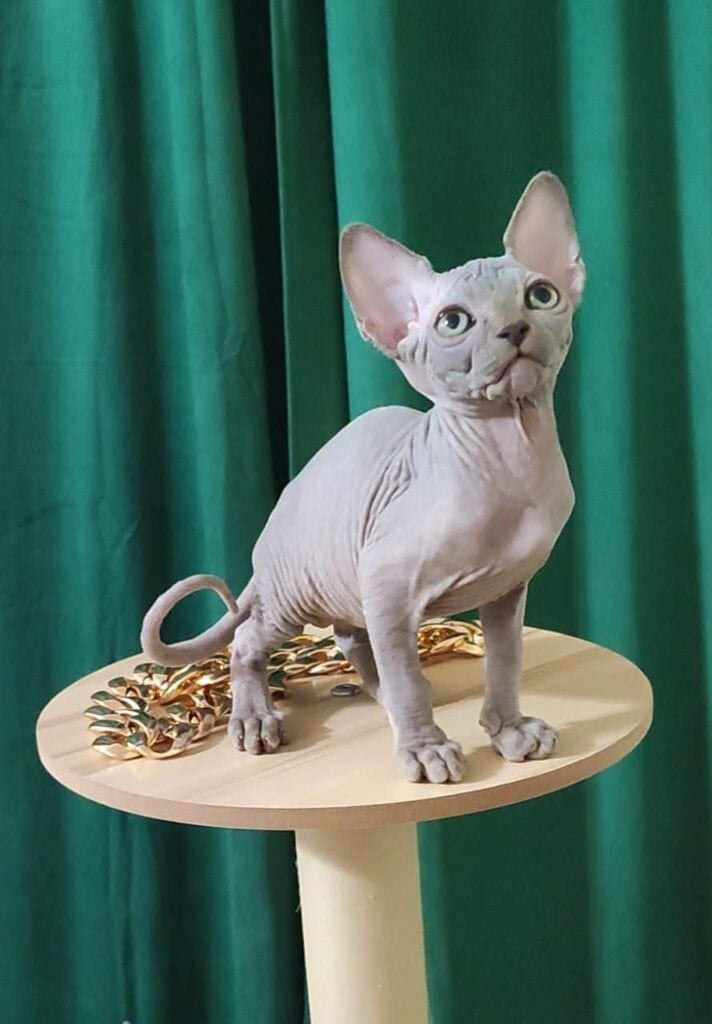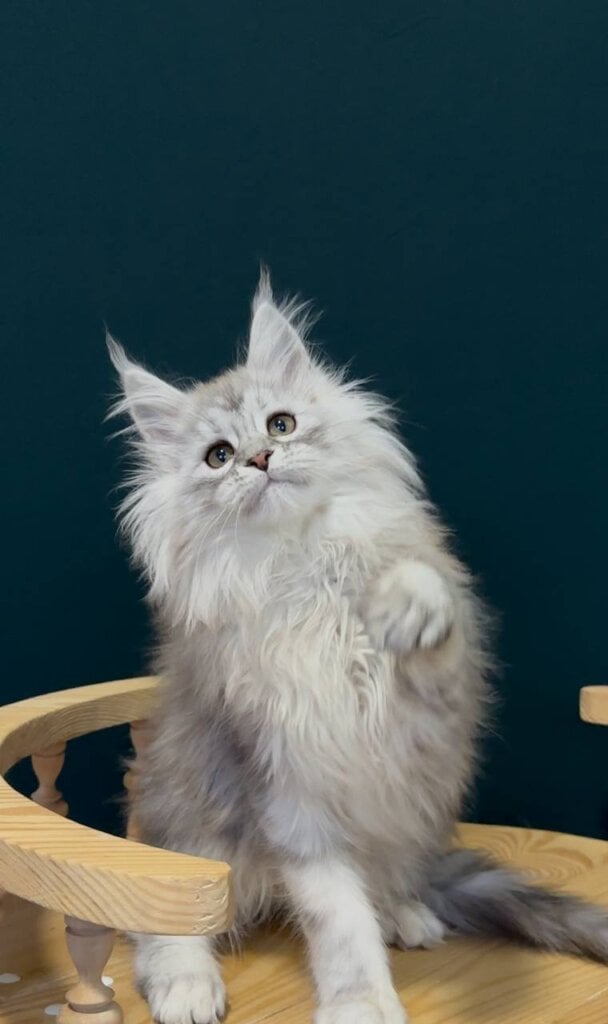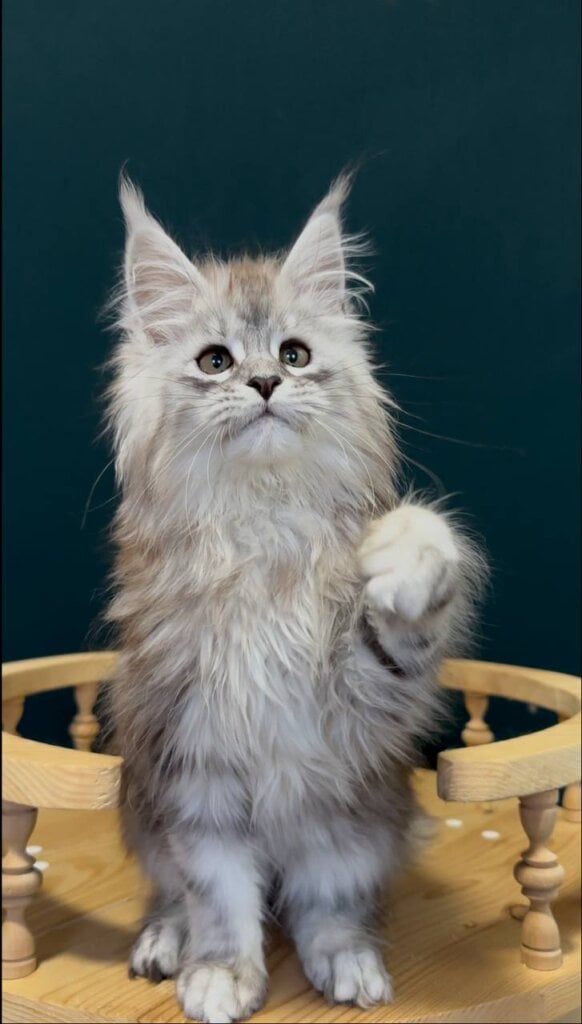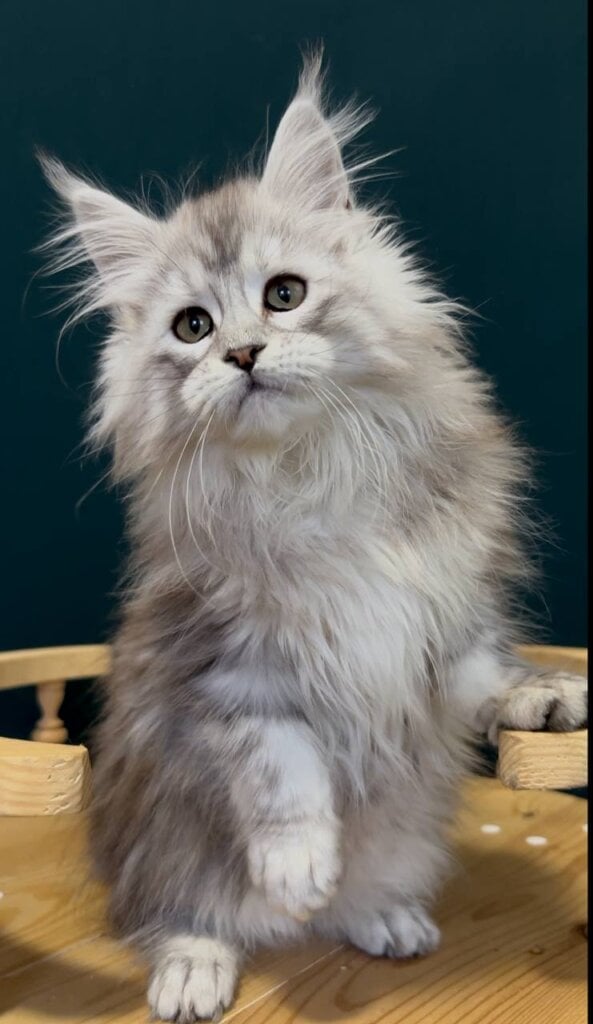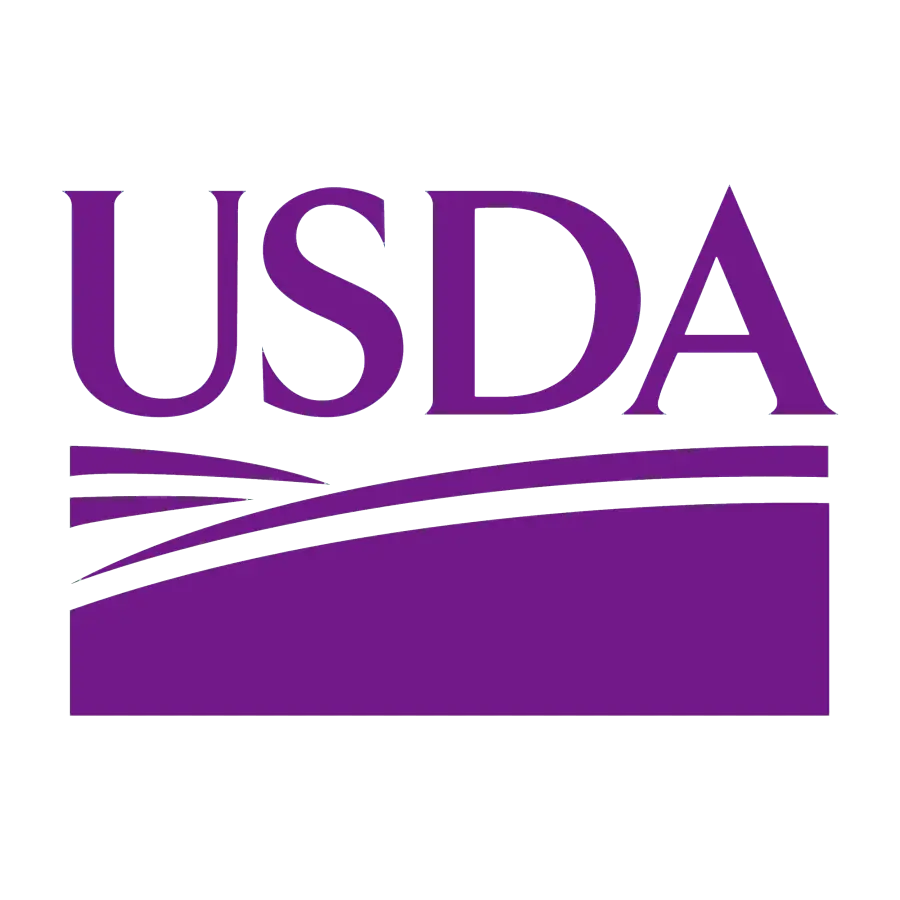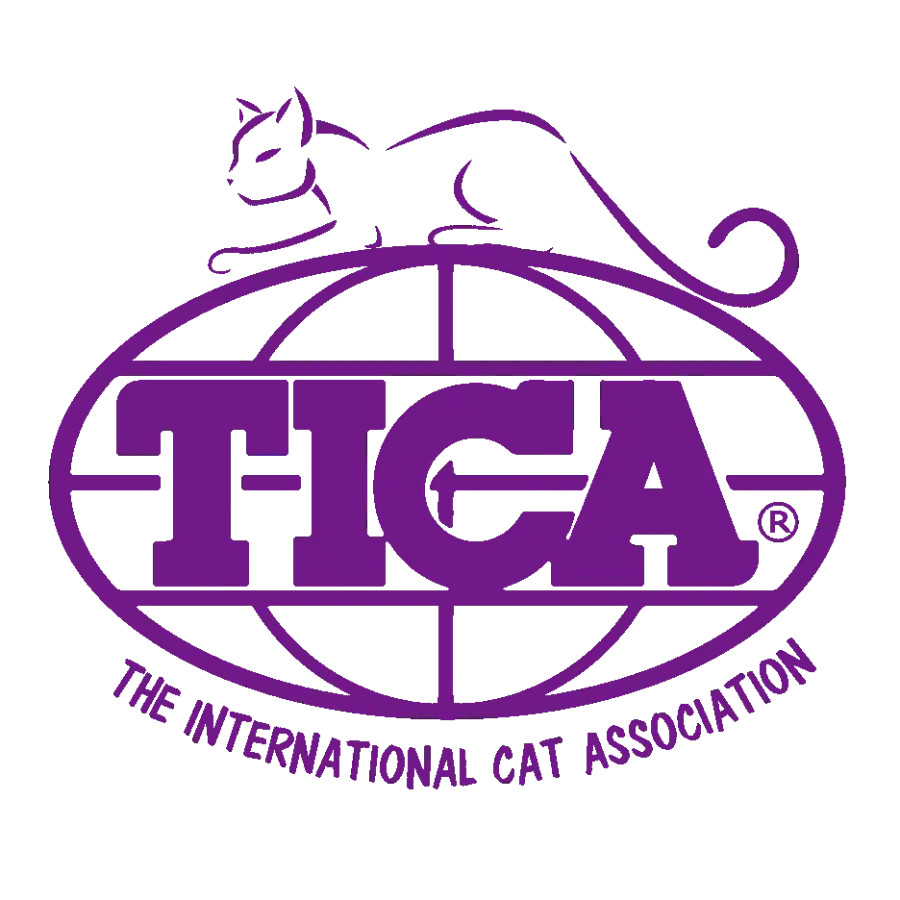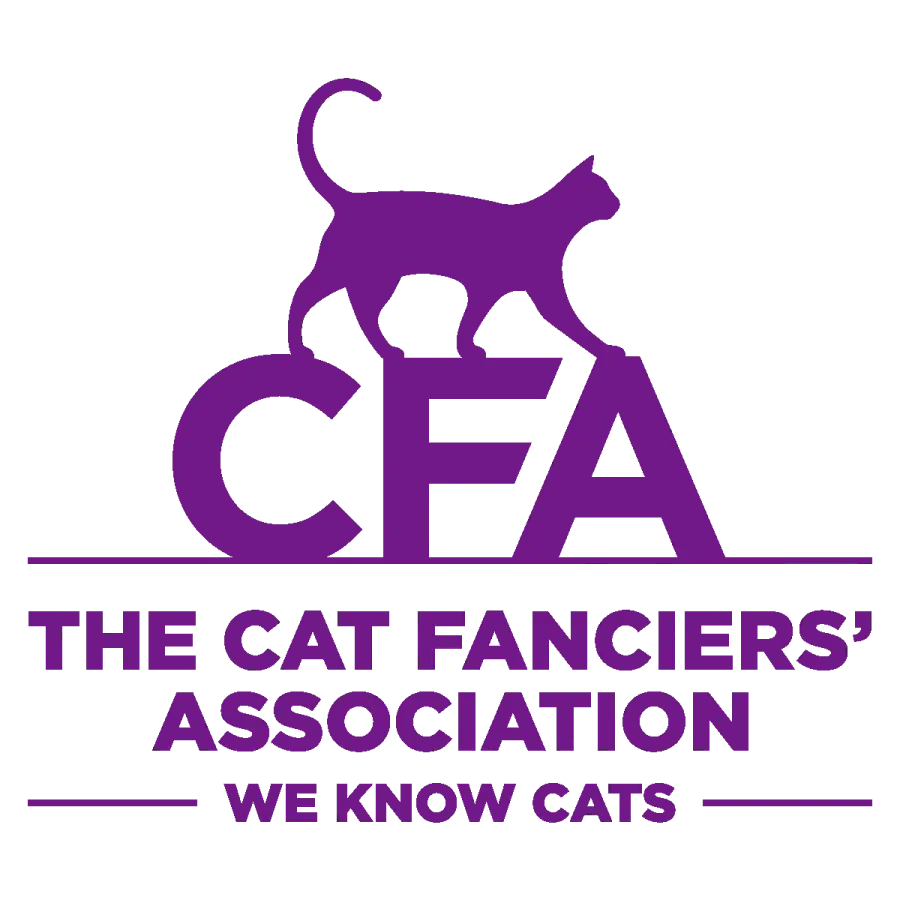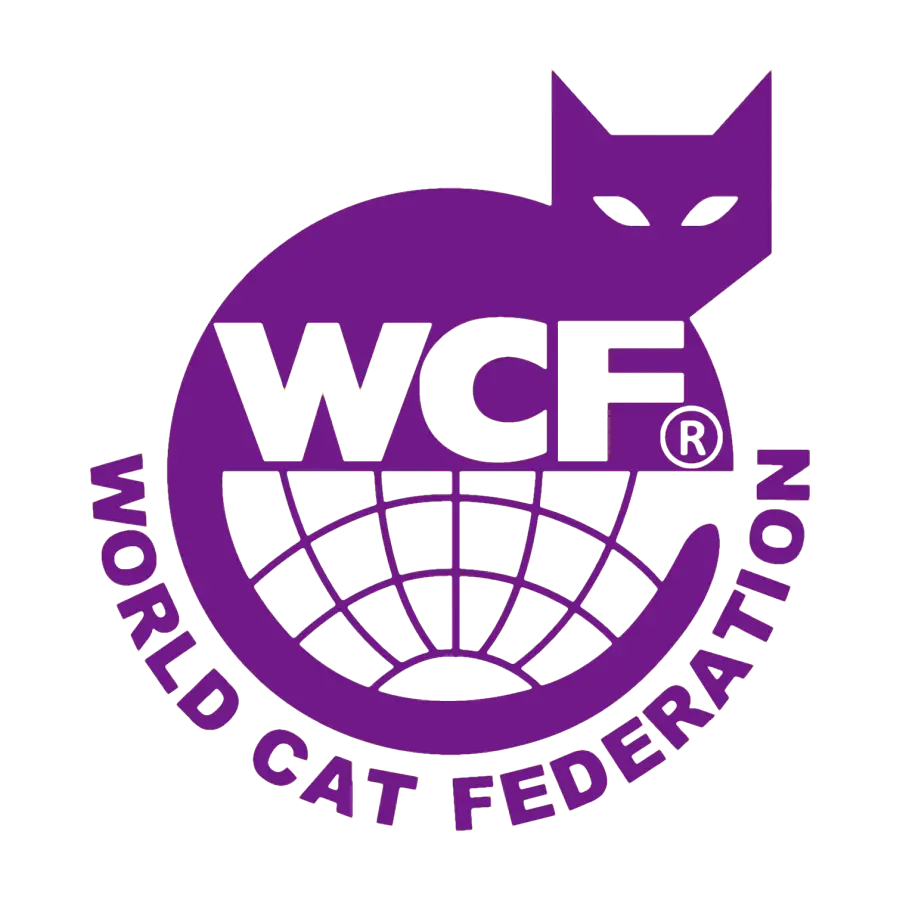Key Takeaways
- Maine Coons are one of the largest domestic cat breeds. Males weigh an average from 13 to 18 lb and females from 8 to 12 lb. By knowing what their growth stages will be like and how they grow in comparison to other large breeds, you can create more realistic expectations.
- Monitor your Maine Coon’s body condition score to decide if they are overweight. Check their ribs and spine, watch them move, look for a tucked abdomen, and weigh them weekly. These three steps will help you protect their health and improve their wellbeing.
- Genetics, diet, exercise, age and neutering/spaying profoundly affect a Maine Coon’s weight. Understanding these elements is key to keeping them at their perfect weight.
- Obesity is a problem for many cats. These are all dangerous side effects, joint problems, diabetes, heart issues, and a shorter lifespan. Prevention is the best way to guarantee your cat lives a long, healthy life.
- This is what a healthy diet for Maine Coons looks like
- High-quality protein
- Balanced fats
- Minimal carbohydrates
- Ample fiber
Selecting appropriate food and feeding approaches, such as measuring meals and scheduled feeding, promote healthy weight maintenance.
- Every breed – including your large, tubby Maine Coons – needs regular exercise and enrichment to stay healthy. Stimulate them through interactive play, climbing structures, and enrichment that allow them to act on their instinctive hunting, stalking, and pouncing ways.
Maine Coon Size and Growth
We all know Maine Coons are famous for their incredible size, ranking them among the largest domestic cat breeds in the world. Their sturdy, muscular build, long bodies, and equally long and bushy tails all give them an impressive and regal look. To understand just how big Maine Coons are, you need to understand breed standards and growth patterns.
Plus, use them to compare to other big felines to put their size into perspective.
Maine Coon Breed Standard Size
Male Maine Coons are usually in the 13 to 25-pound range. Some can even exceed the upper end of that range due to genetics and good upbringing! Females are smaller, typically making up to 10 to 16.5 pounds.
With their tails, which can be as long as their bodies, their length can reach up to 40 inches. This breed’s size goes beyond the scale; their solid bone structure and thick fur all around make their size that much more imposing. Maine Coons take their time growing.
This breed matures slower than other cats. Because of their size, it can take them as long as four years to reach their full maturity. Their size is a defining characteristic, and a practical one. Having started out as working cats in cold climates, their bulkier bodies allowed them to endure long, frigid winters.
In today’s world, this gigantic size ensures they’re a popular choice for families who enjoy the gentle, commanding presence they bring to a household.
Growth Stages Explained
Maine Coons typically experience a consistent and predictable growth pattern. For the first four weeks of life, kittens are solely dependent on their mother’s milk, adding small amounts of kitten weight each day. By the time they’re three months old, males should be closer to 4 or 5 pounds, and females 3.5 to 5 pounds on average.
From the age of 3 to 7 months old, Maine Coons grow an average of 2 pounds per month. Growth spurts are particularly noticeable between 32 and 50 weeks. Where other breeds might fully mature at the age of a year, Maine Coons are in no rush.
This slow growth allows their bodies to grow evenly, contributing to their sturdy adult size. As they go through these various stages, proper nutrition and care are essential to help them develop in a healthy manner.
Maine Coon vs Other Large Breeds
When compared to other large breeds such as Ragdolls or Norwegian Forest Cats, Maine Coons are noticeably different. Although Ragdolls can come up to their weight, Maine Coons usually surpass them when it comes to body length and tail size.
Their wide chests and muscular frames add to their imposing look, further cementing their reputation as “gentle giants”.
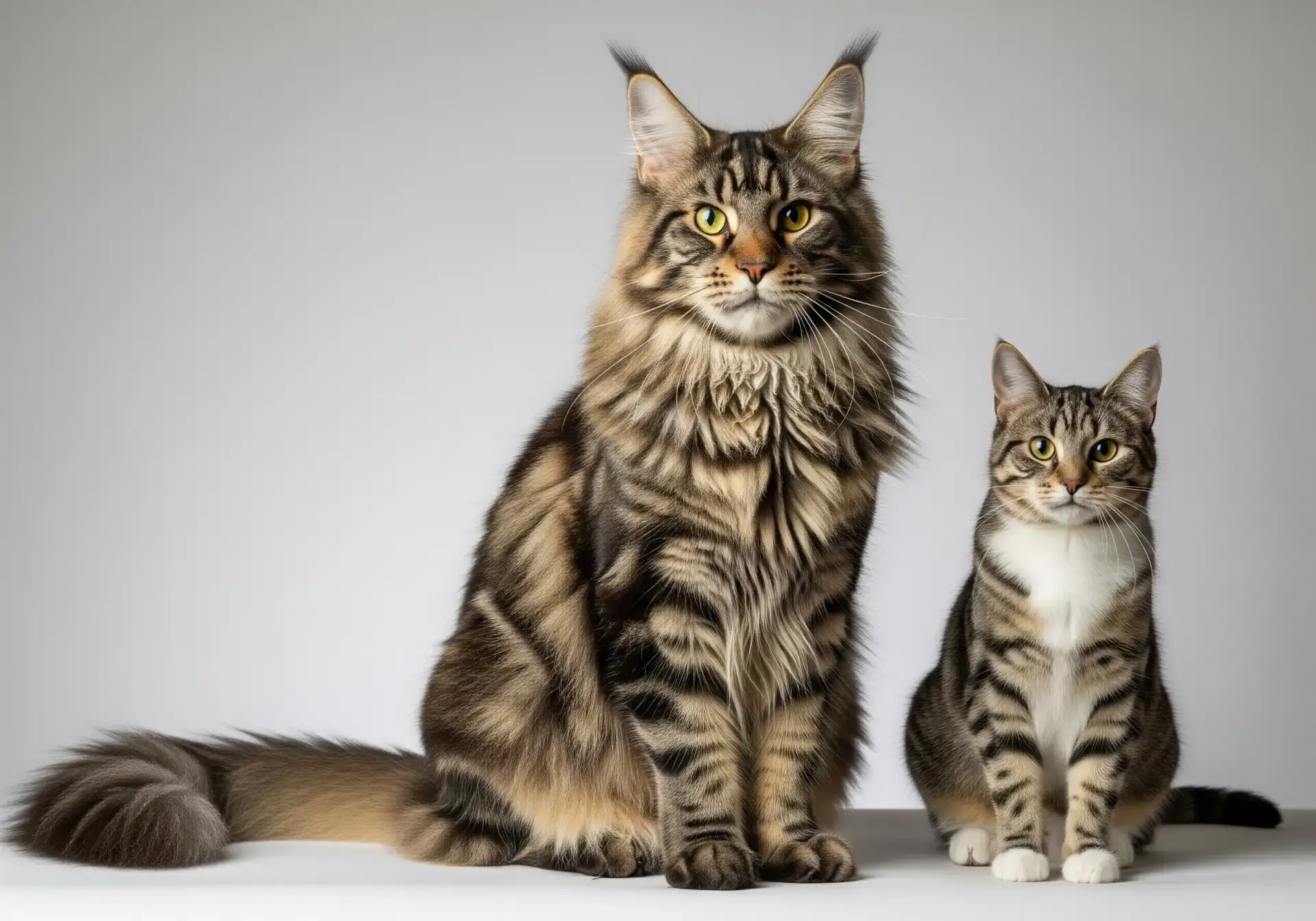
Is Your Maine Coon Overweight?
Maine Coons are naturally large cats, but it’s important to distinguish between their healthy size and being overweight. Their luxurious fur often makes it tricky to spot weight gain, but recognizing the signs is key to ensuring their long-term health. An overweight Maine Coon is at risk of developing arthritis, diabetes, and other health conditions.
Let’s explore practical methods to evaluate your cat’s weight and overall condition.
1. Assess Body Condition Score
A Body Condition Score (BCS) is an effective way to gauge if your Maine Coon is overweight. This scoring system typically ranges from 1 to 9, where 1 indicates an underweight cat, and 9 indicates obesity. Ideally, a Maine Coon should fall around 4 or 5, which reflects a healthy balance of muscle and fat.
Look for visible signs like a well-proportioned body and defined waist. Because of their dense fur, visual assessments alone may not be enough.
2. Palpate Ribs and Spine
Feel along your Maine Coon’s ribs and down his spine. You should be able to feel the ribs, but not have to poke them out. The spine should be easily felt but not pointy to the touch.
If you struggle to feel these areas through a thick layer of fat, it could be a sign your cat is carrying excess weight.
3. Observe Activity and Behavior
A healthy Maine Coon should be active, playful and curious. A change in activity level, like not jumping or having trouble jumping, can point to some weight-related mobility issues.
Obese cats are at significantly increased risk of developing arthritis. This condition affects almost 40 percent of all adult cats and more than 90 percent of senior obese cats.
4. Look for a Tucked Abdomen
When looking at your Maine Coon from above, there should be a small indentation at the belly, creating an inward curve to the waist. From the side view, their belly should look tucked up and not drooping.
A rounded or pendulous belly usually indicates overweight.
5. Weigh Your Maine Coon Regularly
Frequent weighing in is vital to seeing success. Male Maine Coons generally weigh 13-18 lbs and females 8-12 lbs. Significant deviations from these ranges are a sign your Maine Coon needs a diet change and/or a visit to the vet.

Factors Influencing Maine Coon Weight
Maine Coons are majestic, gentle giants, but many factors affect how big a Maine Coon gets and their health. Knowing these factors enables you to keep your Maine Coon at a healthy weight, which means they can live a long and healthy life.
Genetics and Breed Predisposition
Genetics are the most important factor in any cat’s size and weight, and Maine Coons are no exception. Being one of the largest domestic cat breeds, they tend to have a large bone structure. Heritage plays a major role in achieving their strong and muscular build.
Just as people are different genetically, not every Maine Coon will reach these limits. For example, kittens from larger parents might have a predisposition to be bigger, but environmental factors impact their growth. Keeping track of a kitten’s weight throughout growth spurts – particularly at 2 – 5 months of age – is important.
These growth spurts – commonly at about week 32 and week 50 – indicate when a kitten is growing at a healthy, natural pace.
Diet and Feeding Habits
This is even more important for Maine Coons, as improper feeding can cause them to pack on unwanted pounds. Avoid foods that list over 20% fat on the label to help keep your cat from becoming overweight. Overfeeding, especially while they are in their slow growing period (up to four-five years) can cause life-long health problems.
Providing them with high-quality feline nutrition, focusing mostly on protein while minimizing bad fats allows for their big growth, and keeps them fit and trim. With Maine Coons, portion control is equally important as food choice. These cats have strong appetites that should be monitored.
Activity Level and Exercise
Maine Coons are energetic and active cats that require daily mental and physical stimulation to stay healthy. Another factor is a sedentary lifestyle, an important risk for weight gain, particularly applicable to indoor cats.
Puzzle toys, cat trees, and regular playtime promote activity, which has the dual effect of keeping muscle tone and burning calories.
Age and Metabolism
Like people, as Maine Coons age their metabolism slows down, so keeping them healthy and at a good weight can be harder. Younger cats are still growing, and their higher metabolism helps support their active, energetic nature.
As cats get older, they often need modified feeding schedules and additional stimulation to maintain a healthy weight.
Neutering/Spaying Impact
Spaying or neutering before the age of six months does have a slight effect on a Maine Coon’s growth. Hypothyroidism can cause a drop in activity levels, so owners will need to pay more careful attention to calorie intake and output.
Health Risks of Obesity
Obesity in Maine Coons, as in all cats, is much more than a cosmetic concern. When someone’s weight is above 20 – 30% over the ideal range, it poses a considerable health risk. This obesity-related condition has a range of complications. Almost 40% of all felines in the U.S. Are predicted to be overweight or obese. Animal welfare cannot be had if we ignore the health risks.
Below, we dive into how excess weight affects each area of a cat’s health.
Joint Problems and Arthritis
Carrying too much weight places a mechanical overload on a cat’s joints, leading to excess stress and wear. For larger framed breeds like Maine Coons, this genetic strain can be devastating. Long term, it can cause osteoarthritis, a degenerative disease that causes pain, stiffness, and loss of movement.
The astute owner may notice many symptoms in their pets. These manifestations include trouble jumping, an unsteady gait, and muscular atrophy seen in the hind limbs. Research indicates that being overweight or obese may cause impaired mobility in cats just six years of age. This example demonstrates the profound effect that excess weight has made on their mobility and quality of life.
Diabetes and Insulin Resistance
The biggest risk factor for type 2 diabetes (T2D) in cats is obesity. Studies have demonstrated that insulin sensitivity in overweight cats is reduced by 52%, thereby decreasing its ability to more efficiently process glucose. This can show up as excessive thirst, urination, and fatigue.
Maine Coons just happen to be genetically predisposed to giants. If their diet or lifestyle causes them to gain weight, they are often made more vulnerable. The good news is that early intervention through proper nutrition and weight management can greatly reduce this risk.
Heart and Respiratory Issues
Beyond these metabolic risks, excess weight can weigh on the heart and lungs, posing cardiovascular strain and an increased risk for sleep apnea. One symptom you can look for is labored or difficult breathing when your Maine Coon is exercising.
Eventually, this may progress into more chronic states, continuing to exert influence on their overall health and vibrancy. A healthful diet and regular physical activity are important in helping control these risks.
Reduced Lifespan and Quality of Life
Obesity has a direct impact on a cat’s longevity as well as their daily quality of life. Overweight cats may experience loss of mobility, chronic pain, or both. Consequently, they are at greater risk of developing chronic diseases, adversely affecting their overall health and quality of life.
In fact, feeding practices are the most important thing you can do to keep your pet healthy. Diets over 50% dry food are associated with a 78.5% increase in obesity risk. Taking action on these issues from the start means a healthier, happier friend for years to come.

Nutrition for a Healthy Weight
Keeping your Maine Coon at a healthy weight means being mindful about what they eat. As one of the biggest domestic cat breeds, Maine Coons are built large and muscular, with a very active disposition. This means taking an individualized approach to their nutritional health.
It’s all about finding the nutrient balance that helps them stay active and healthy. It alleviates serious health issues such as obesity and urinary tract infections.
High-Quality Protein Sources
Protein is the bedrock of a Maine Coon’s diet, providing essential building blocks for muscle growth and energy requirements. When choosing food, look for those with high-quality animal proteins like chicken, turkey, or fish.
These serve as excellent sources of highly digestible protein packed with essential amino acids which are primary for sustaining their large stout and muscular frame. Watch out for protein sources with the word “by-products” in them or plant-based proteins such as soy because these do not provide the same nutritional benefit.
A high chicken breast or salmon diet might very efficiently satisfy protein needs. Providing additional activity to their environment is critical and especially important for active cats.
Balanced Fat Intake
Fat is an important energy source and necessary nutrient, but balance and moderation are critical. Maine Coons do best on a well-balanced diet that’s rich in moderate fat.
Just be sure you’re getting it from healthy fats, such as fish oil or chicken fat. These essential fatty acids deliver energy as well, but they’re a key part of a healthy dog’s shiny coat and healthy skin.
Too much fat can contribute to weight gain due to its high-calorie content, so watch the portions. An adult Maine Coon weighing 15 pounds might require around 250 to 350 calories daily, depending on activity levels, with a balanced fat-to-protein ratio.
Wet vs. Dry Food Considerations
Wet food is frequently suggested for Maine Coons due to its increased moisture levels that aid urinary health. It is possible to make room for dry kibble as well, which helps keep their teeth healthy.
It’s a combination of both that delivers hydration benefits and oral care benefits. For example, feeding a high-quality wet food such as chicken pâté alongside a complete, grain-free dry kibble makes it easy to achieve variety and balance.
Avoid Excessive Carbohydrates
Their sensitive stomachs require that Maine Coons consume minimal carbohydrates. Carbs in the form of grains or fillers are a sure way to pack on unhealthy pounds, and these should be avoided.
Choose grain-free ones that focus on protein and healthy fats, not starches like corn or wheat.
Importance of Fiber
Fiber has many health benefits and is linked to a healthy, functioning digestive system. Ingredients from nature, such as pumpkin or beet pulp, help avoid common problems such as constipation.
They reduce the risk of chronic disease and support healthy weight by promoting satiety.
Feeding Strategies for Weight Management
Keeping your Maine Coon at a healthy weight is one of the most important factors in ensuring their overall health and happiness. These massive, spectacular felines can put on pounds in a hurry when they’re not monitored. This excess weight can lead to obesity-related diseases in the future.
Through the power of healthy feeding strategies, we can help our four-legged friends live healthy and happy lives.
Portion Control Techniques
Learning what recommended portion sizes look like can help you avoid the trap of eating too much. An adult Maine Coon requires 24 to 35 calories per pound of body weight daily. The specific figure will vary based on their level of physical activity.
A couch potato Maine Coon is going to burn fewer calories than an active one, so you’ll need to adjust their intake accordingly. Feed your cat food that starts with a quality meat or fish protein as the first ingredient.
This protein-packed solution gives your furry friend all the good stuff and none of the bad stuff. Using a kitchen scale to measure foods or using pre-measured feeding cups can make it easier for us to feed our pets consistent, accurate portions.
This minor dietary change can really add up to avoid taking in way too many calories in the long run.
Scheduled Feeding Times
The next best option for successful weight management is to set a feeding schedule. Dividing their daily allotment into two or three meals always at the same time stabilizes metabolism and reduces the impulse to binge.
Unlike free feeding, where food is available all day long, with scheduled meals we can get a better picture of intake to inform our management. This routine replicates their natural predatory instincts, which helps keep them active and mentally challenged.
Limit Treats and Snacks
Though treats are a great way to connect with our Maine Coon, being mindful of their frequency and quantity can help maintain a healthy lifestyle. For the sake of a healthy weight, treats should account for no more than 10% of their daily caloric intake.
Choose lower calorie, higher protein foods and don’t feed table scraps, which can lead to weight gain very quickly. By tracking how often we give treats, we can manage them as part of their daily diet to avoid giving too many.
Use Puzzle Feeders
Puzzle feeders, which require cats to work for their food, are a great way to pair feeding with mental enrichment. These slow feeders help keep dogs busy and eating at a slower pace, both of which lead to less overeating.
Feeding mazes and puzzles provide a healthy, entertaining challenge for our Maine Coon to work for their meals. Along the way, our feline friend is wasting calories!
Monitor Food Intake
Consistently tracking what one eats and being flexible in making changes in portion size – this is really key. If we notice weight gain, reducing portion sizes slightly or increasing active playtime – aiming for at least 20 – 30 minutes daily – can help.
Monitor the scale. Weigh your pet at home or at the veterinary clinic regularly. This makes it easier for us to maintain their weight at a healthy level – usually 10 – 20% over their ideal body weight.
Exercise and Enrichment
Maine Coons are naturally active, playful, and intelligent cats. Additionally, exercise and enrichment account for nearly 30% of their energy budget. Ridding your home of Maine Coons is no easy task. Unlike other big native breeds, like the Ragdoll, Maine Coons are invigorated by physical activity and cognitive engagement.
Their intelligence and kitten-like curiosity linger far beyond their baby years, and their responsiveness to training and stimulation is unmatched. Ensuring they have diverse opportunities for exercise and enrichment not only keeps them healthy but prevents boredom, which can negatively affect their well-being.
Interactive Play Sessions
Interactive play is going to be a mainstay for keeping your Maine Coon active while having fun. Toys that mimic prey like feather wands, laser pointers or motorized mice give kitties a healthy way to exercise their predatory instincts. These playful interactions physically imitate the exciting experience of pursuing a dinner, which is critical for their psychological and physiological wellness.
Like all cats, Maine Coons are very intelligent animals, able to learn and quickly distinguish patterns. To minimize boredom, experiment with rotating your pet’s toys or play regimen. Their dog-like trainability allows us to teach them tricks like fetching small balls or responding to commands, further enriching their playtime.
Climbing Structures and Scratching Posts
Maine Coons are happiest when they’re up high! To ensure they get the exercise they need, give them specific climbing structures such as cat trees or wall-mounted shelving. These structures not only provide them room to climb and stretch but include a scratching area.
Scratching posts are a must; they keep your cat’s claws in check and prevent damage to your furniture. Selecting large, tall posts or trees with multiple levels supports their size and weight.
Environmental Enrichment Ideas
Designing an enriching environment is more than just providing toys. Window perches provide them with a front row seat to the great outdoors, ensuring their curiosity stays fully engaged. Puzzle feeders mix mental gymnastics with the payoff of food, making it extremely motivating to get those zoo animals moving come mealtime.
For outdoor access, a secure catio or leash training provides an opportunity to explore safely while satisfying their instinct to roam and hunt.
Encourage Hunting Behavior
To really stimulate a Maine Coon’s natural instincts, exercises that recreate the experience of the hunt are a must. Hide treats inside simple puzzles, or hide them around places they can search for and “catch.
Outdoor play in a protected garden environment further mimics their instinctive drive to discover and stalk prey.
Monitoring and Veterinary Care
With the right veterinary care and monitoring, you can manage a Maine Coon’s health. This is critically important for those cats that are predisposed to weight gain. Consistent monitoring, individualized approaches, and a collaborative relationship with your veterinarian are key factors for keeping them healthy long-term.
By tackling these health concerns early on, we can continue to help our feline companions live a long and happy life.
Regular Weight Checks
Keeping track of your Maine Coon’s weight over time helps get a clear picture of their overall health. Weight gain or loss can be a sign of underlying health issues like obesity, diabetes, or thyroid disease. With a good quality digital pet scale available for home use, accurate tracking of weight changes is easy.
For instance, a healthy male Maine Coon should typically weigh from 13 to 18 pounds. In comparison, females usually are 8 to 12 pounds. Changing your cat’s food routine is key to their weight loss or maintenance success.
Increasing physical activity, such as with vigorous interactive play using feather wands or laser pointers, goes a long way, particularly for the overweight cat.
Veterinary Check-ups and Consultations
Preventative care through regular veterinary visits allows for the early detection of potential health issues. For example, Maine Coons are prone to hypertrophic cardiomyopathy (HCM), a heart disease that needs constant monitoring.
Diagnostic tools, such as X-rays, can detect skeletal issues like hip dysplasia or luxating patella, especially when conducted during spaying or neutering procedures at 3 to 6 months old. Then there’s dental care – and even though it’s vital, this area often gets sidelined.
Tartar build-up, as discussed above, makes for some very smelly breath and brushing their teeth just two or three times a week can help.
Personalized Weight Management Plans
Because every Maine Coon will have different needs, a personalized weight management plan is worth its weight in gold. Working with your veterinary team is the best way to create a healthy diet with quality protein and appropriate portion sizes.
Adding mental stimulation by using puzzle feeders or playing with them on a timed schedule keeps their minds and bodies busy, decreasing chances of developing weight-related health problems. Inherited conditions are revealed through DNA testing, providing you with specific, actionable steps to address your pet’s unique genetic predisposition.
Discussing Concerns with Your Vet
We know that open communication with your veterinarian is essential to their success. Respond to signs such as excessive weight loss or gain, excessive thirst, or unusual behavioral changes immediately.
Blood type testing, just to give one example, is of utmost importance in emergency procedures such as transfusions. Consistent consultations not only foster trust but allow your Maine Coon to receive the best possible care tailored to their needs.
Common Misconceptions About Size
Maine Coons are notoriously large cats, perhaps the most distinguishing characteristic of the breed. There are a lot of myths out there about what a healthy size for these cats is. This can create misconceptions that in turn may cause people to become concerned with their development, heaviness, and health.
Large Size vs. Overweight
Maine Coons are large cats by nature, with males usually around 10-16 inches in height and around 15-25 pounds in weight. Females are a bit smaller, weighing 10-15 pounds less on average, or about 10% less than the males.
Though their size is certainly impressive, we must be careful not to confuse their breed-standard, big bone structure with obesity. While a healthy adult full-size Maine Coon can weigh up to 25 pounds, more than that typically means extra weight.
For example, Ludo, the heaviest Maine Coon on record, weighed 34 pounds, well beyond the acceptable healthy weight range. Like any overweight furball, Maine Coons risk diabetes, joint problems, loss of mobility, and a shorter lifespan.
Owners should focus on maintaining a proper diet and regular exercise to support their pet’s natural structure without promoting unnecessary weight gain.
Growth Spurts and Weight Fluctuations
For perspective, Maine Coons grow more slowly than most cats, taking 3-5 years to reach full maturity. In fact, during their first few months, their weight can be quite variable. At three months of age, Maine Coons should ideally be in the 3 to 5-pound range.
By adulthood, they can weigh 25 pounds max, depending on their genetics and lifestyle. Young males generally have a much more muscular build than females of the same age.
This pattern reverses in adulthood, with males often averaging 5-10 pounds heavier than their female counterparts. These ups and downs are all part of the process and are indicative of the breed’s long growth cycle.
Annual veterinary visits provide an opportunity to monitor rapid development and growth and prevent problems from developing during periods of rapid change.
Individual Variation in Size
Genetics has too big of a role for determining the size of a Maine Coon. Their growth potential can be deeply affected by things like nutrition and environment.
An age-appropriate diet supplemented with optimal levels of high-quality protein and essential nutrients helps their natural size come to life. With proper care and an enriched environment, we can give animals the tools to develop healthy muscle.
Not every Maine Coon will be huge, and size variation is perfectly natural.
